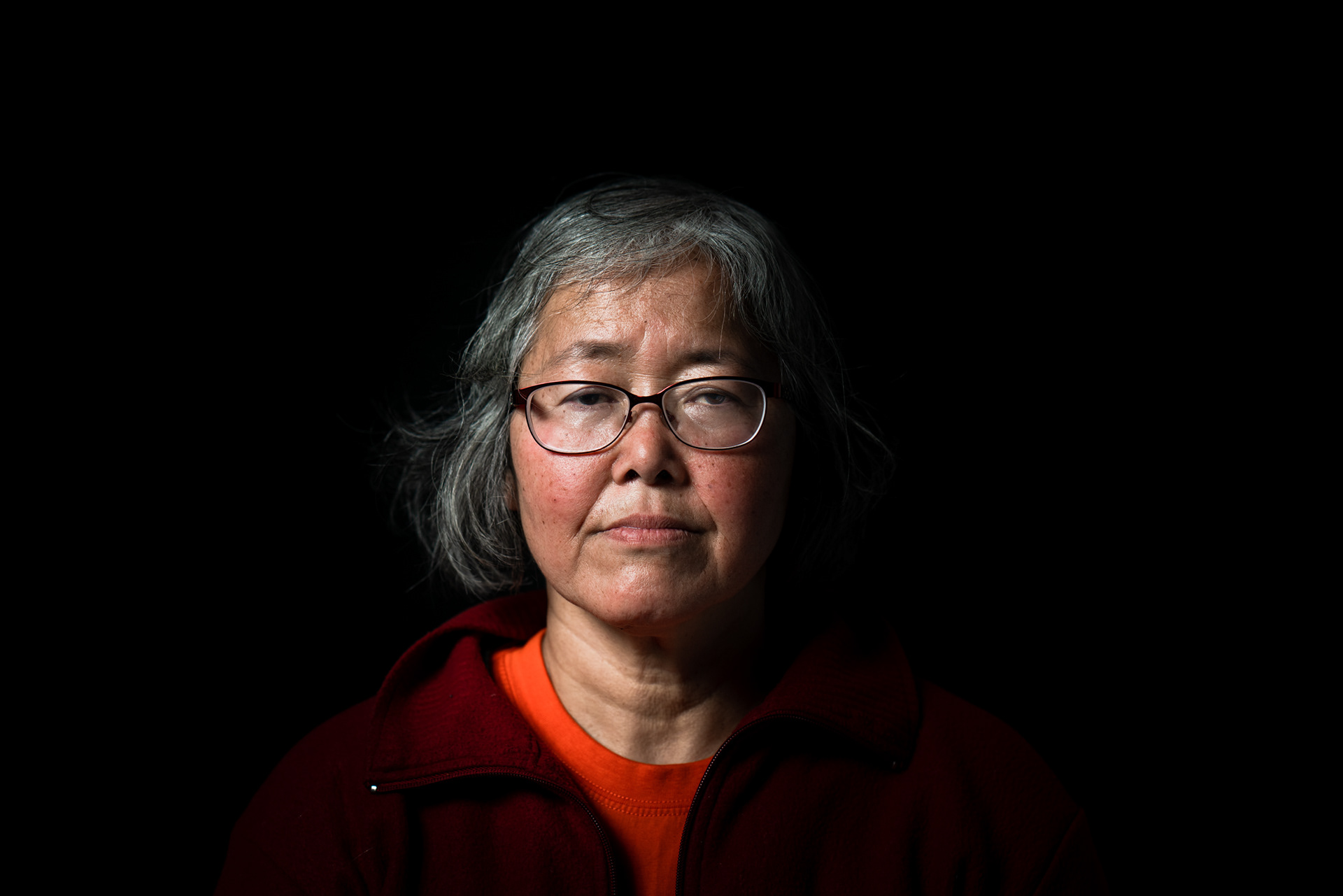
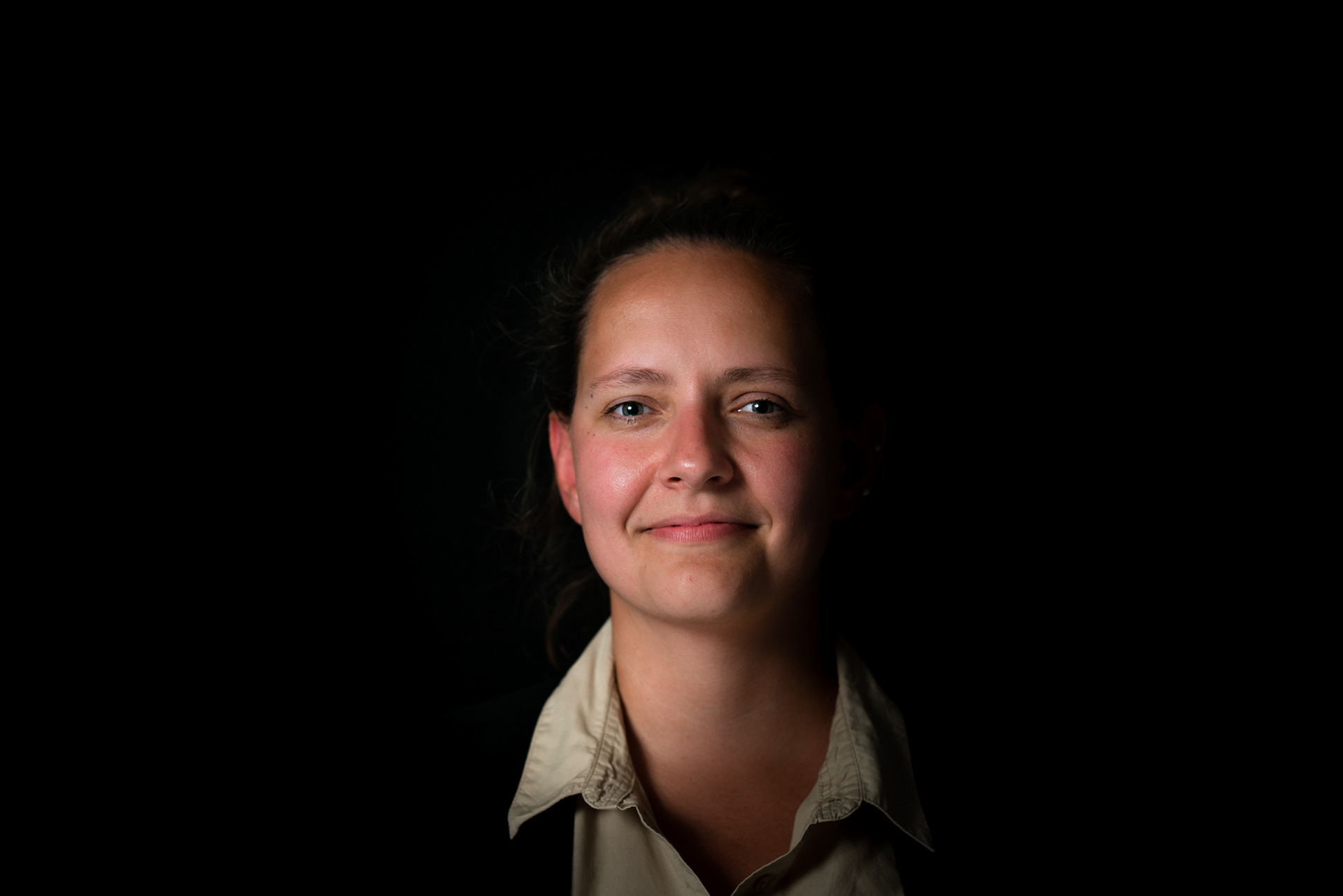
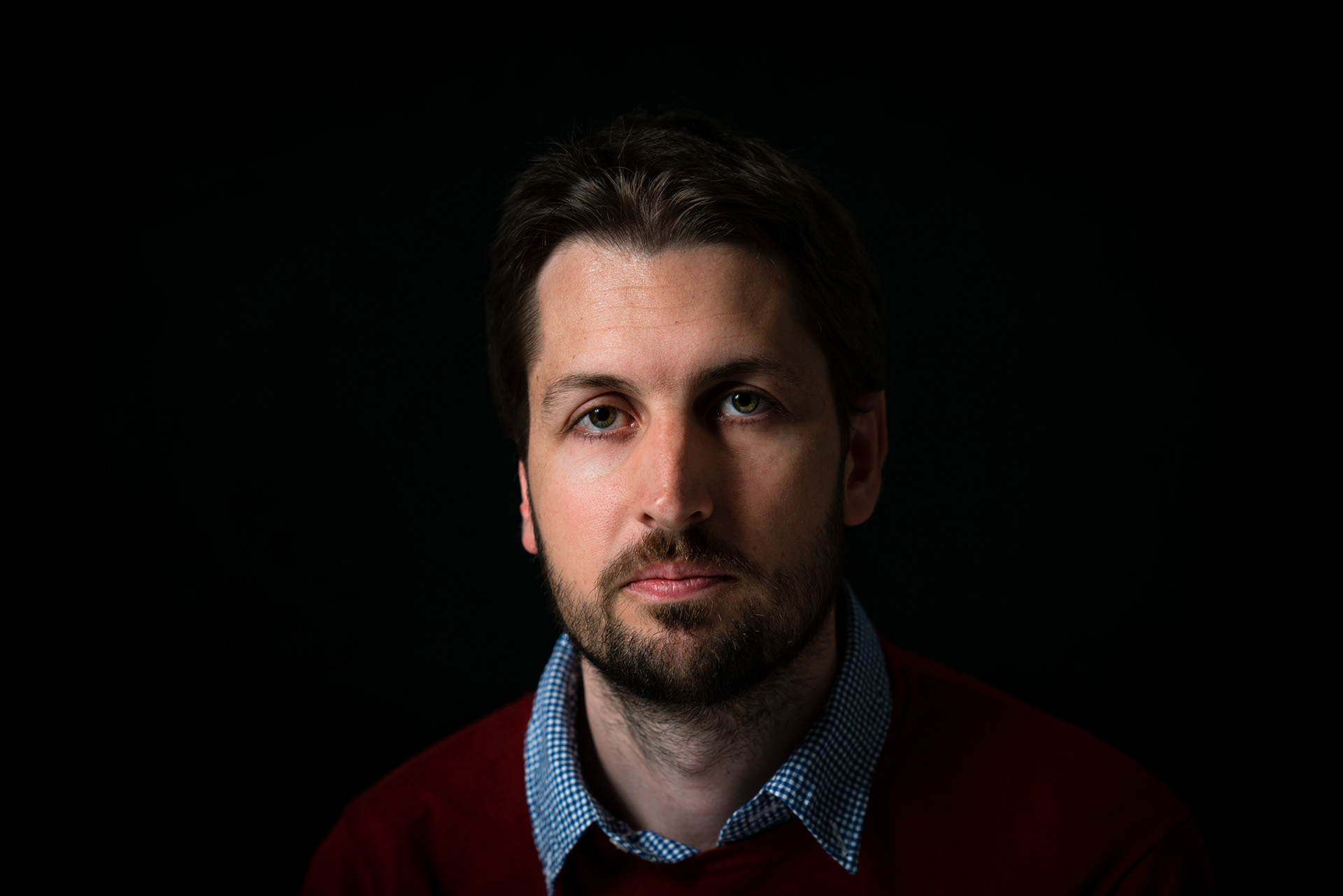
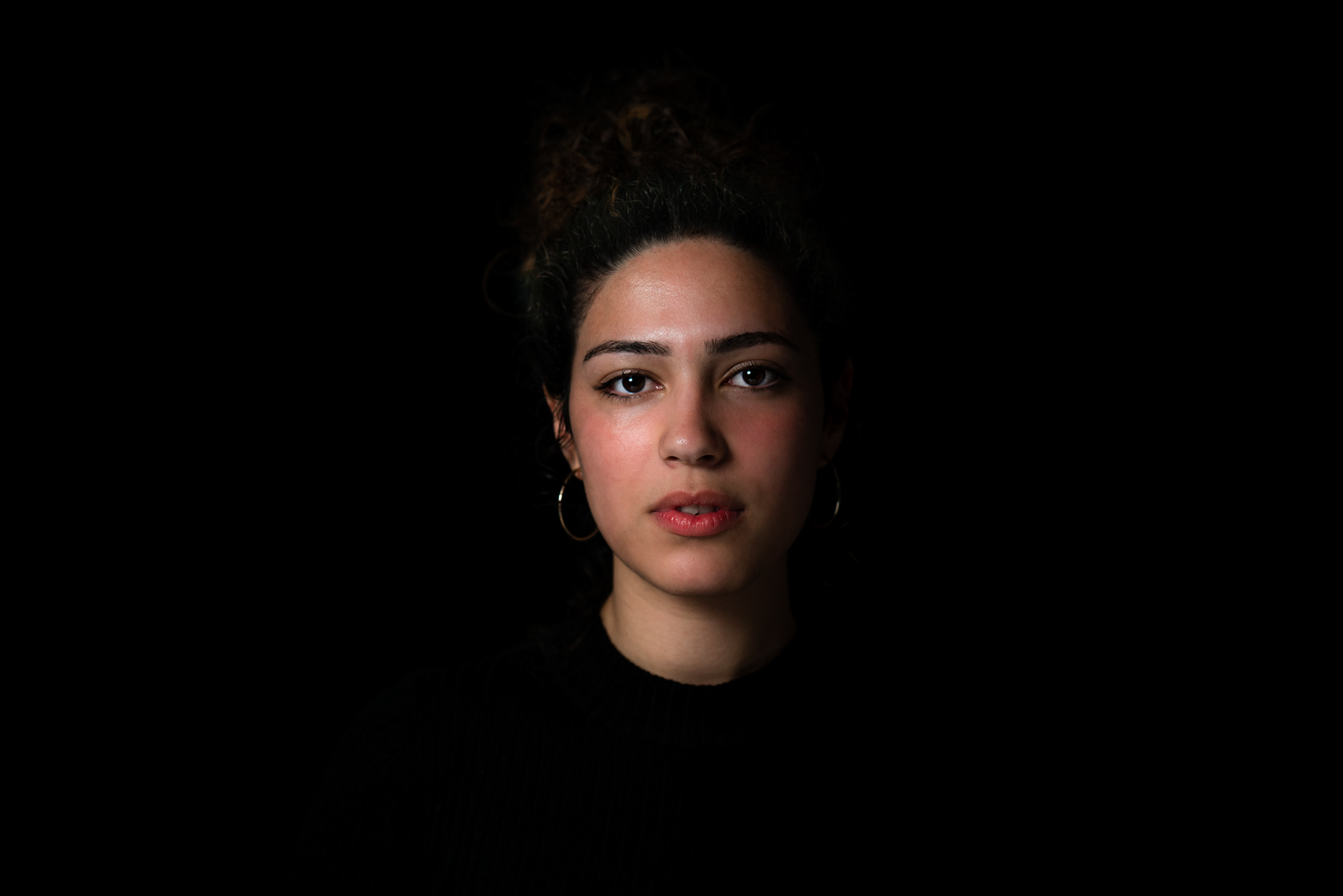
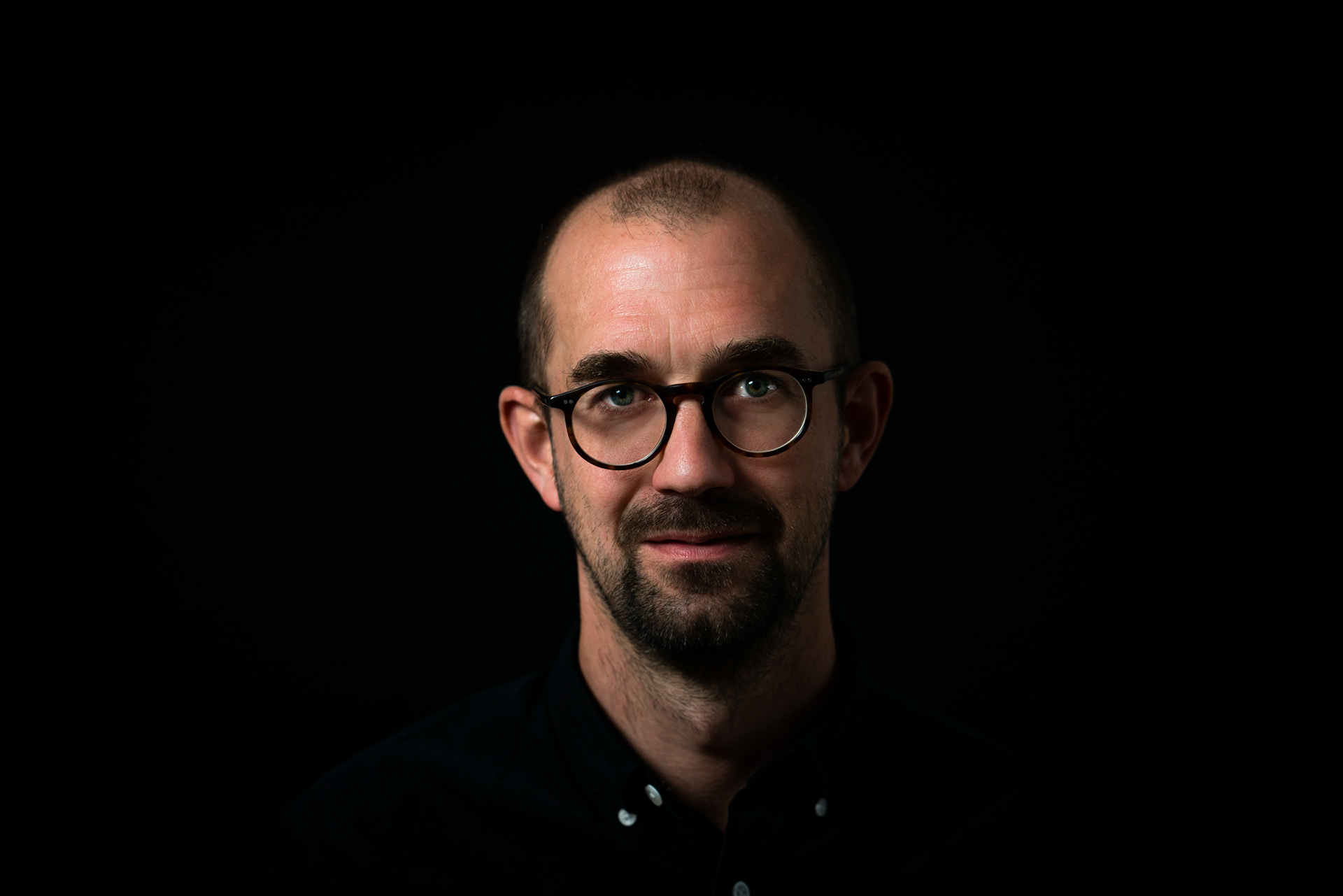
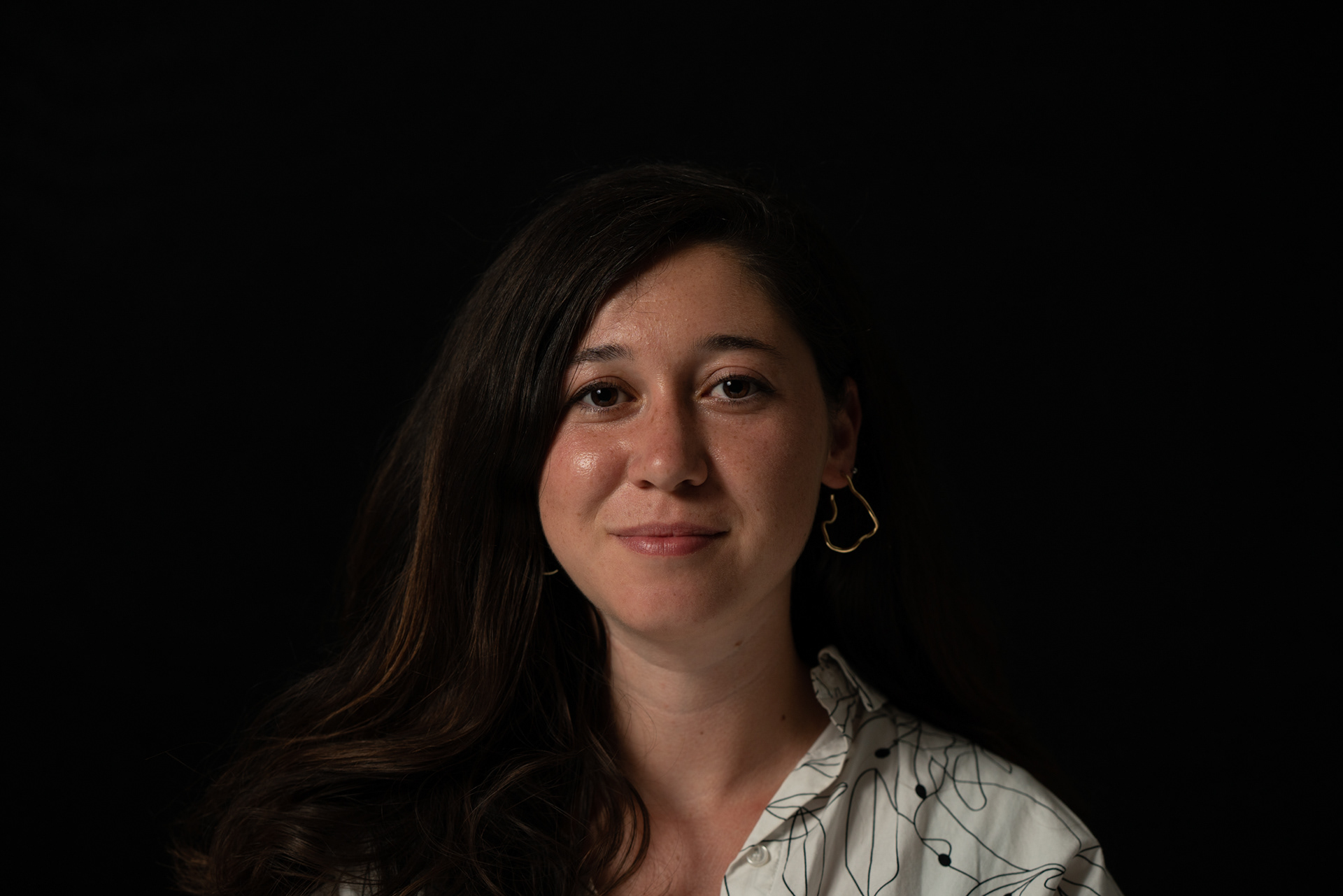
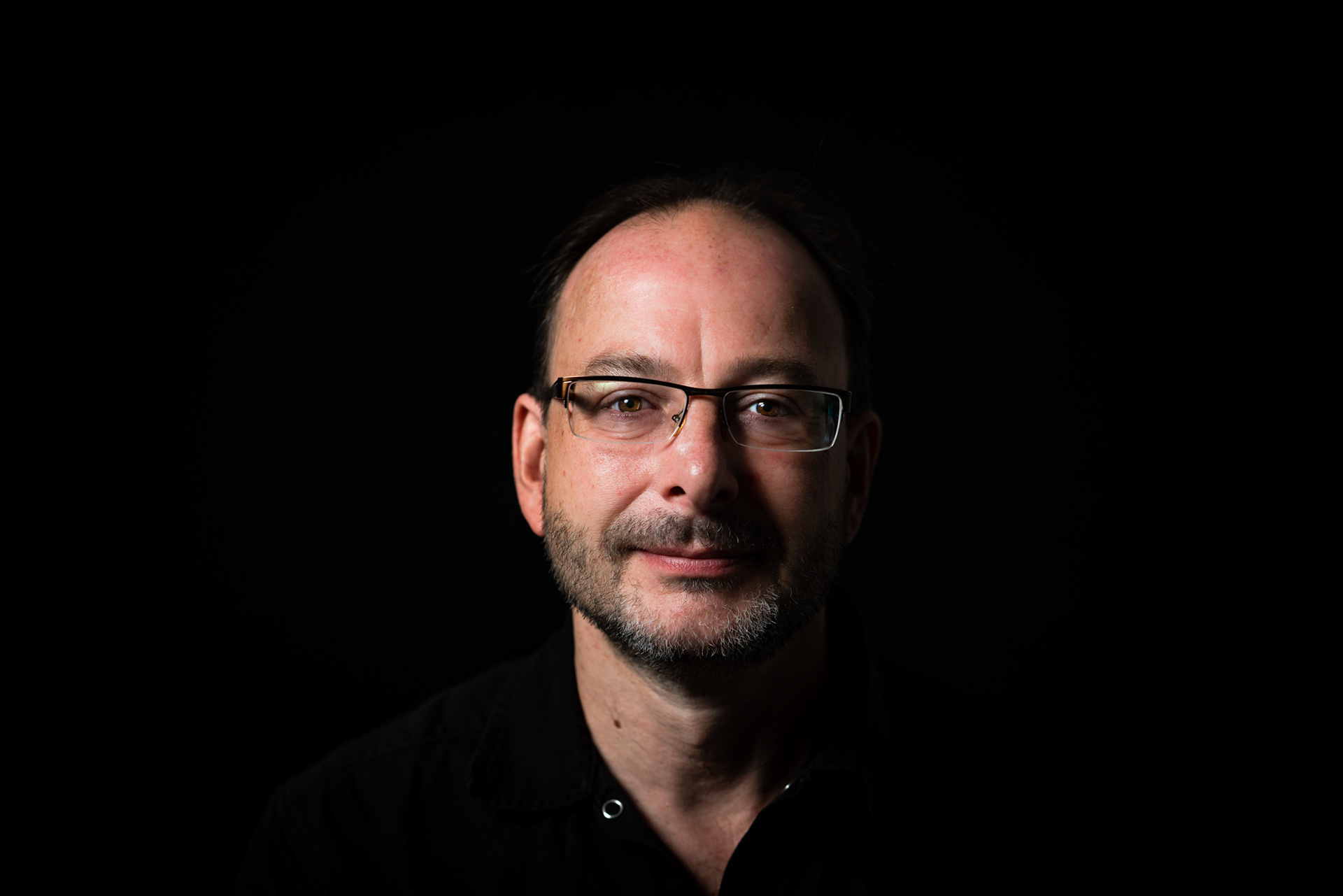
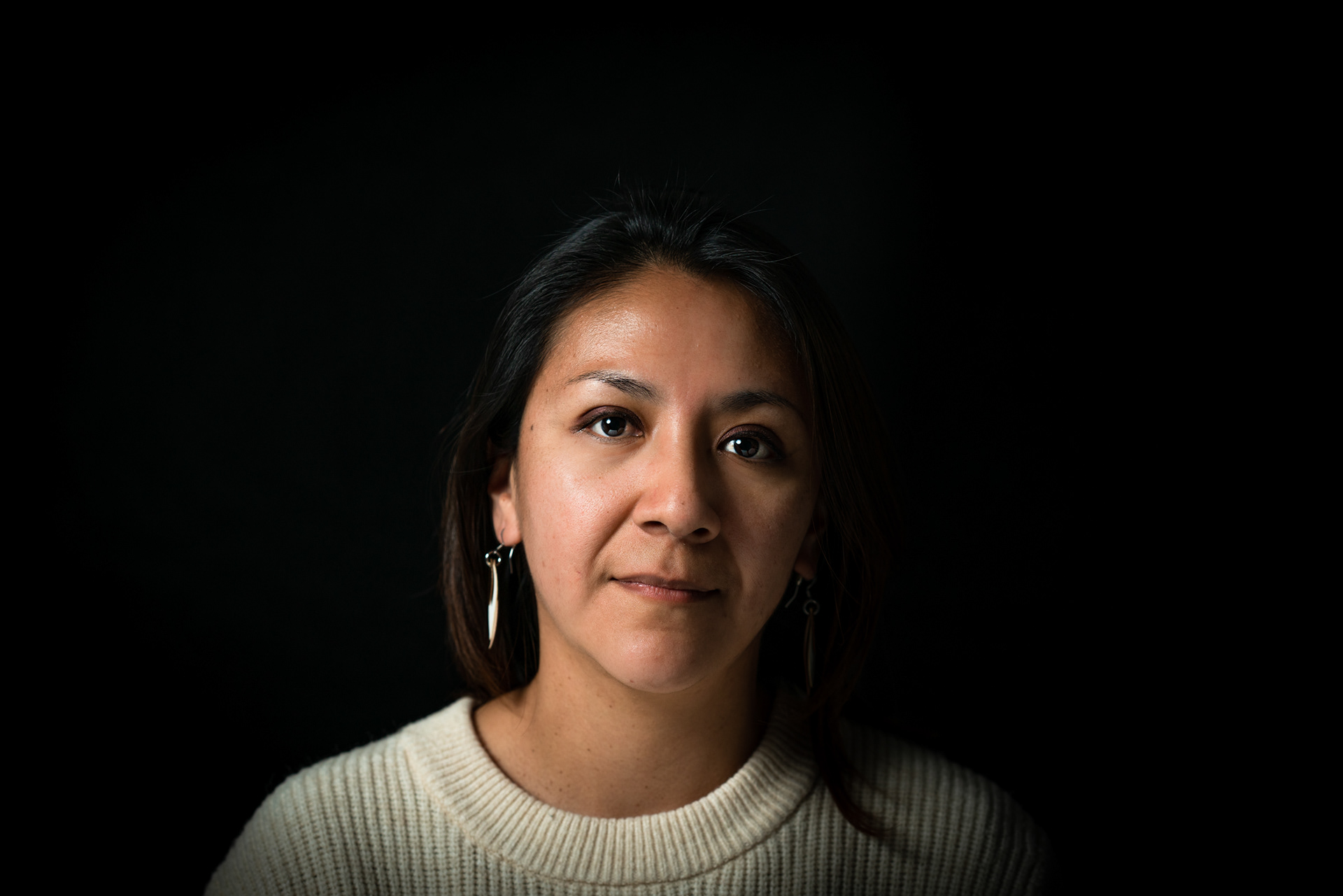
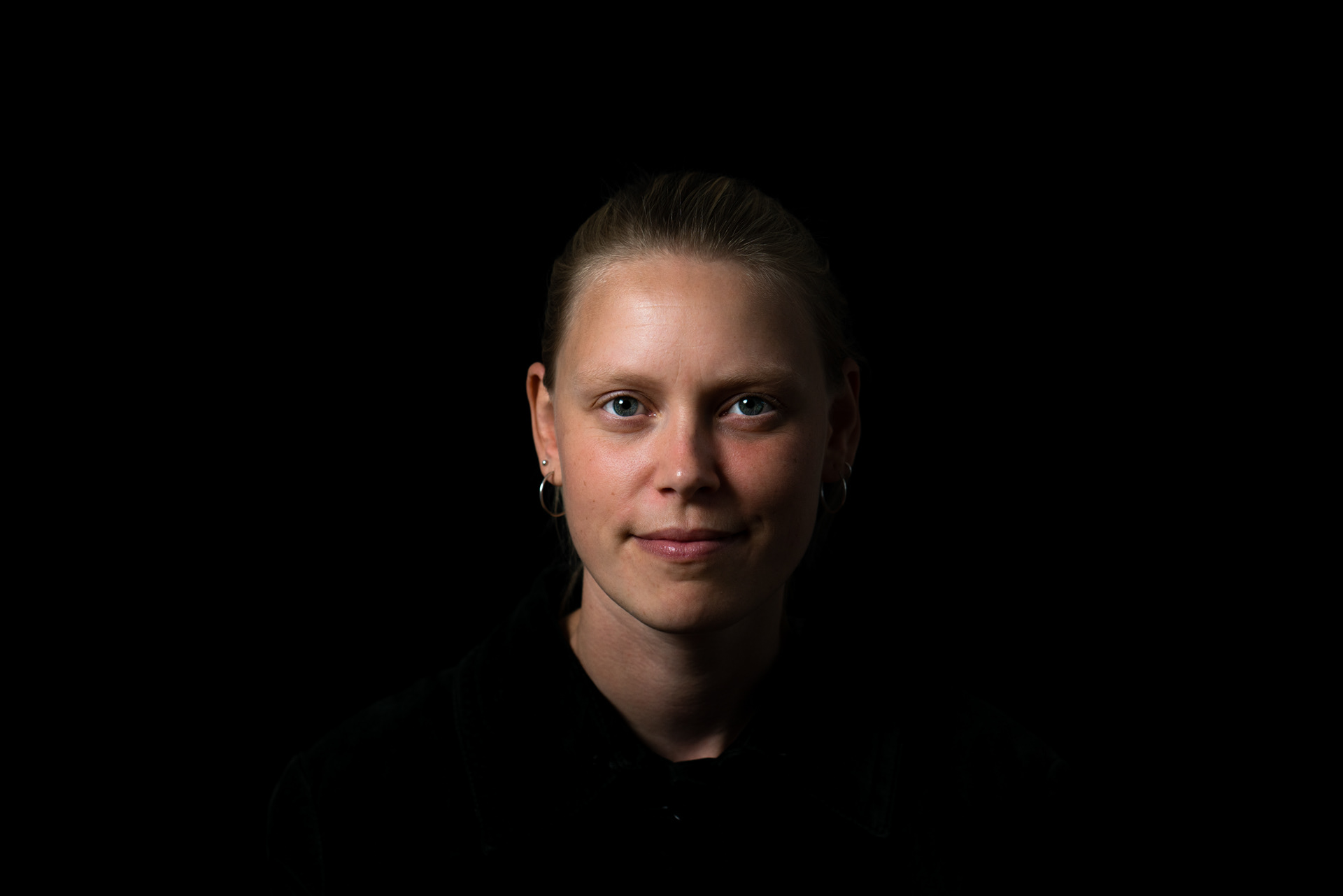
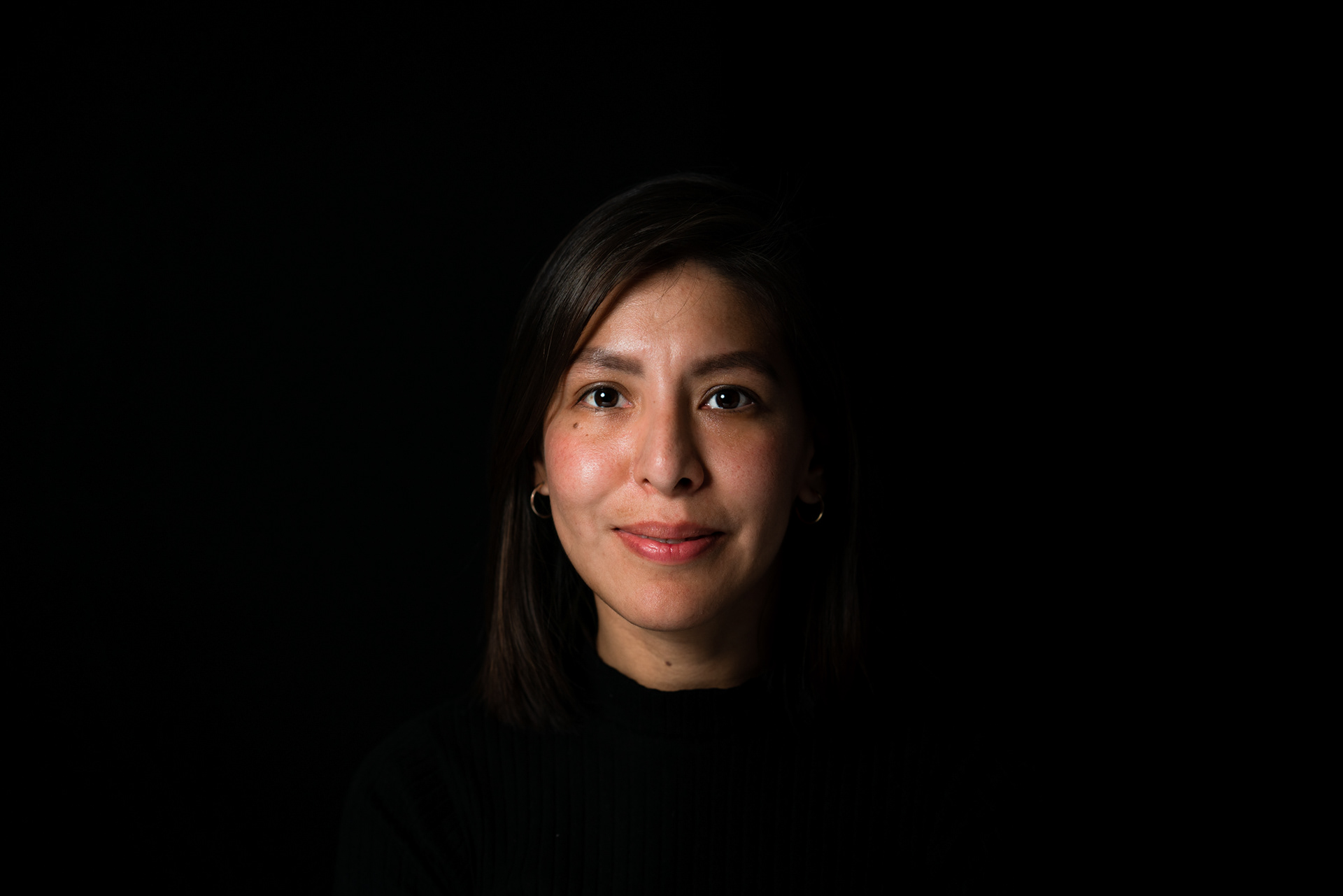
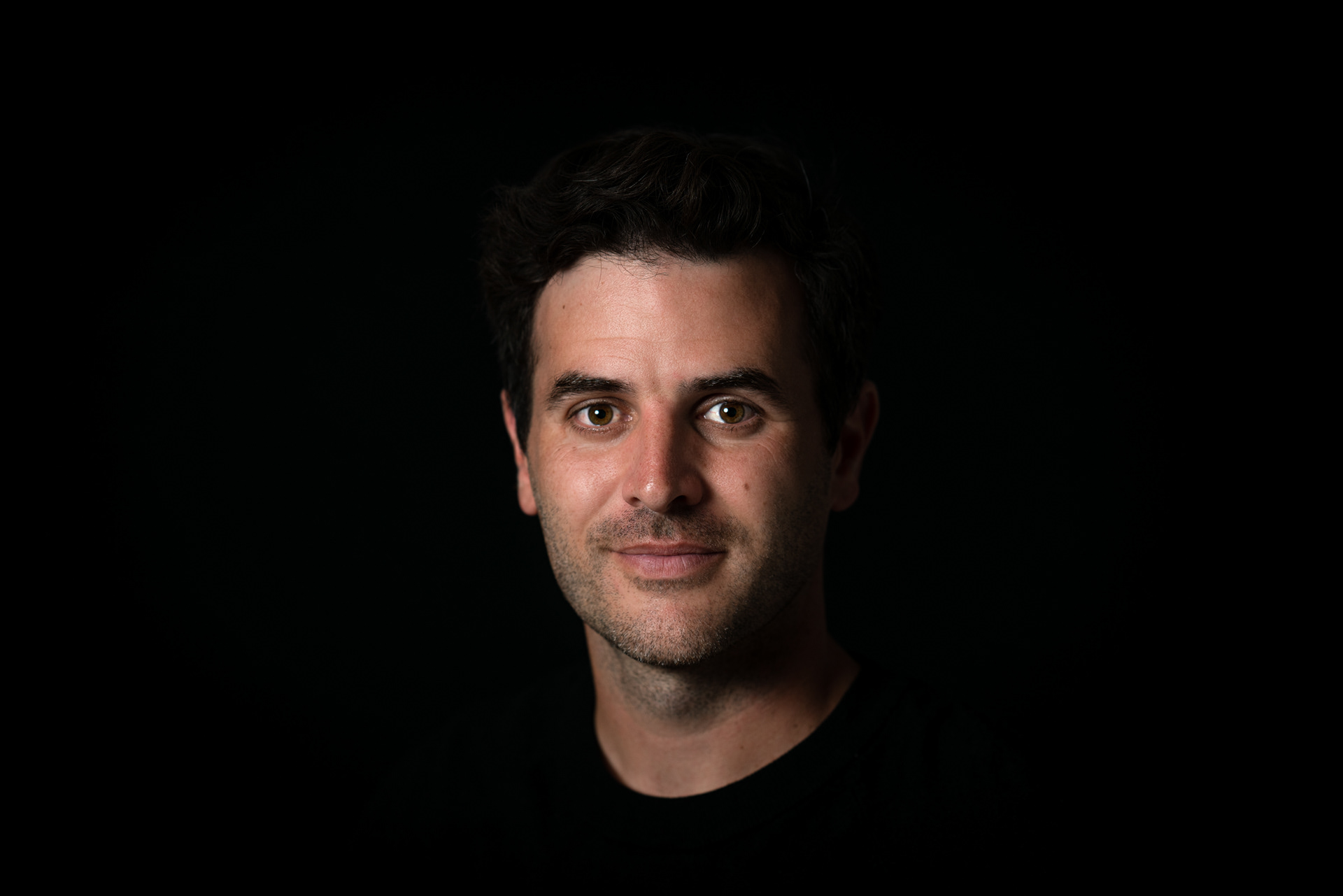
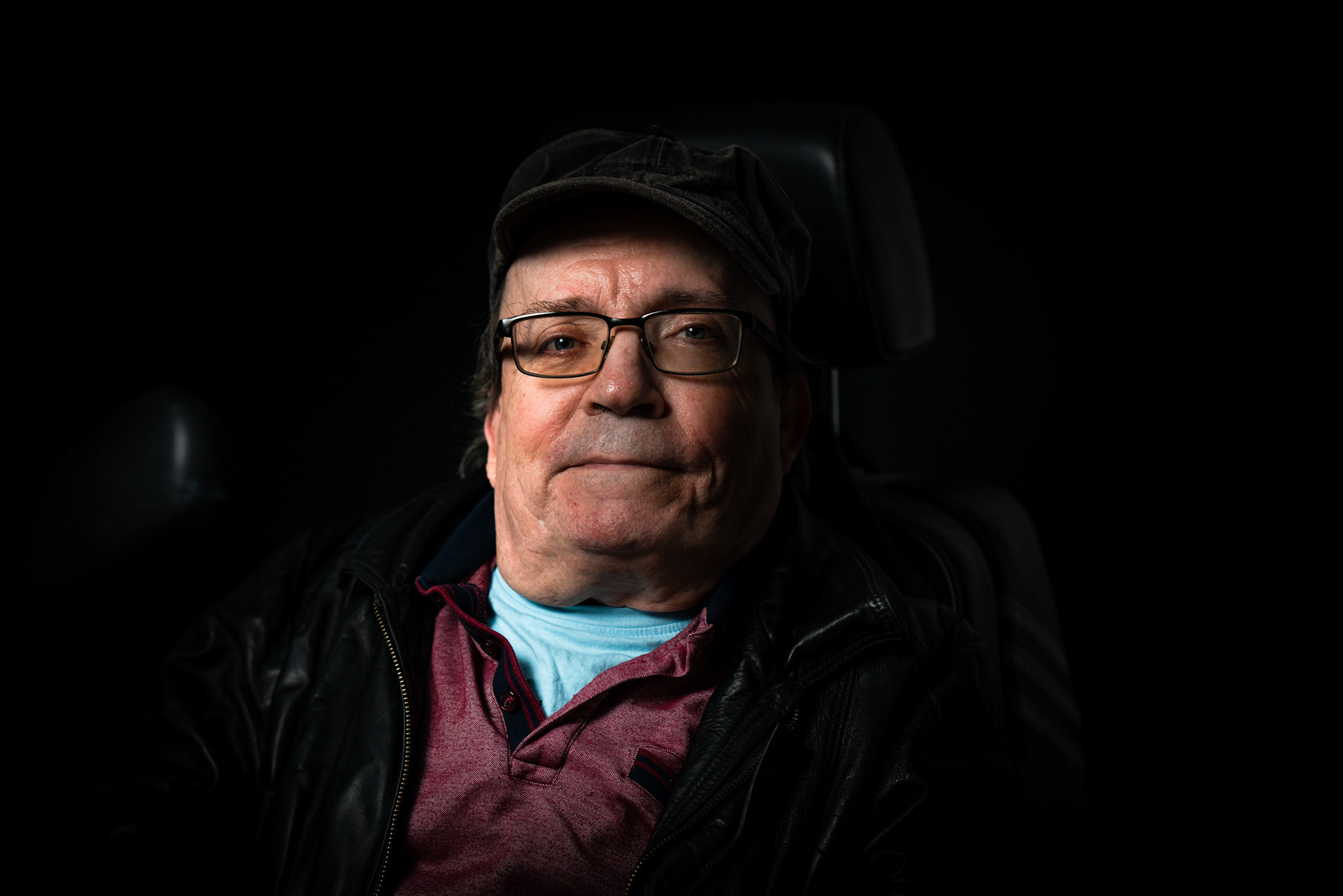
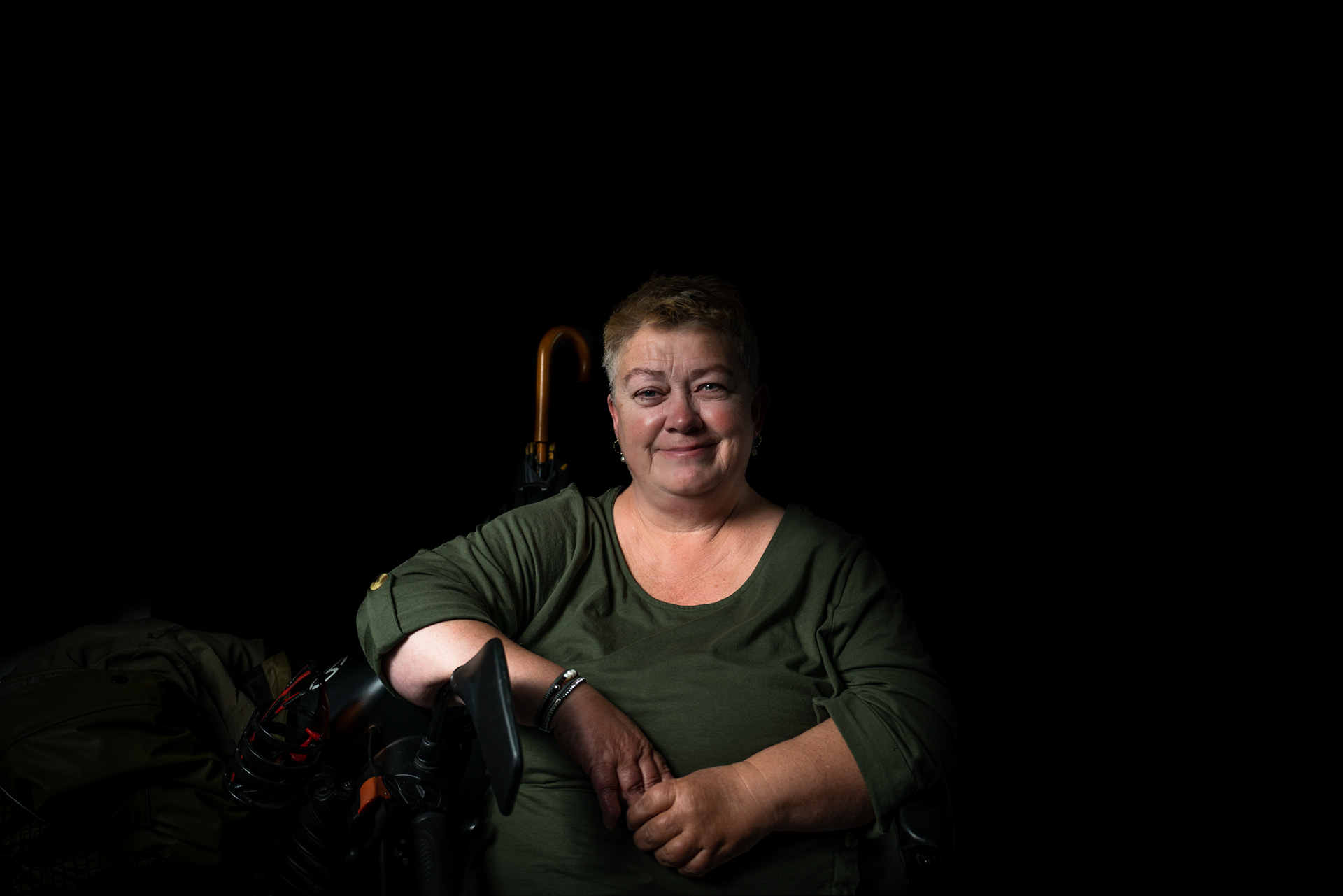
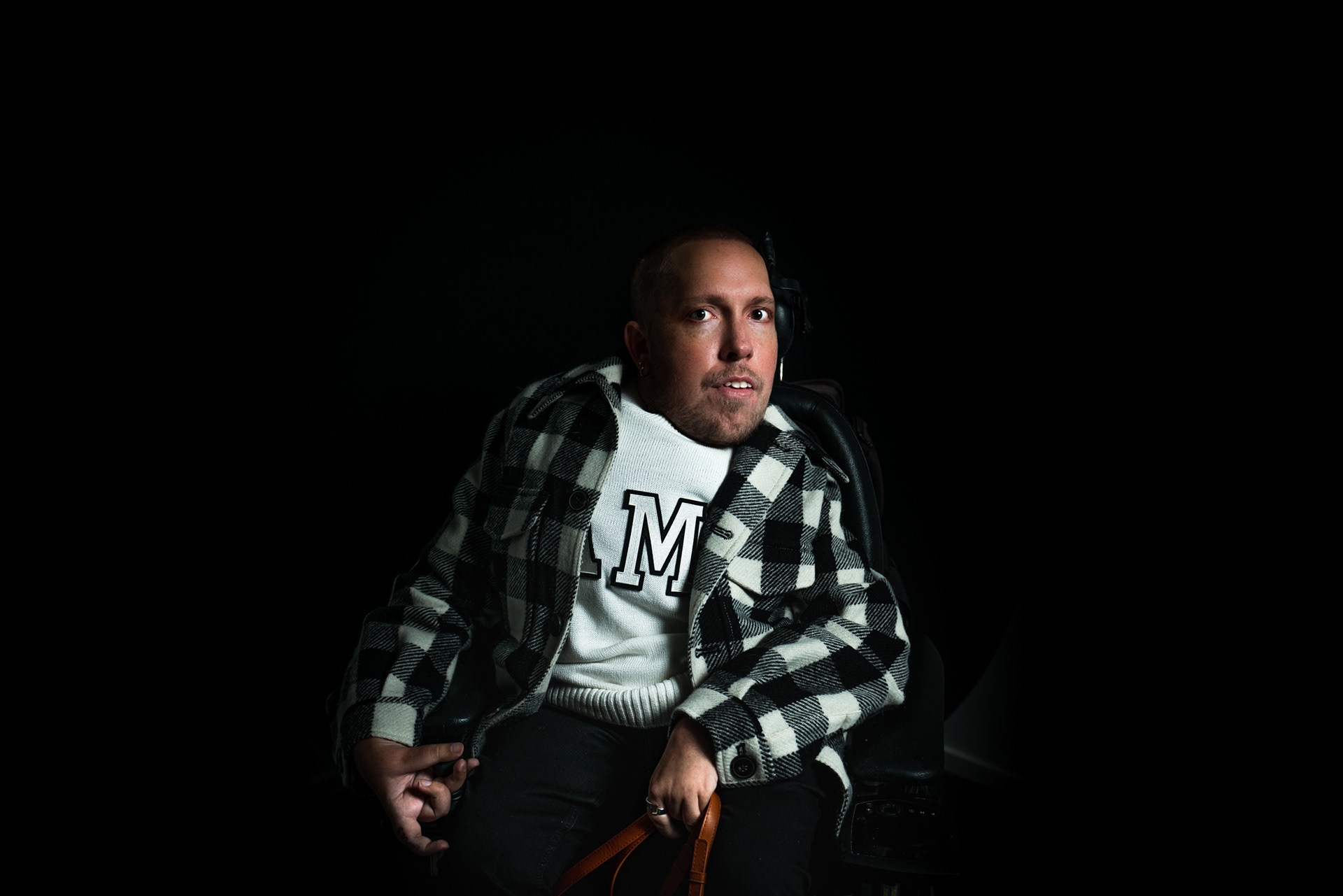
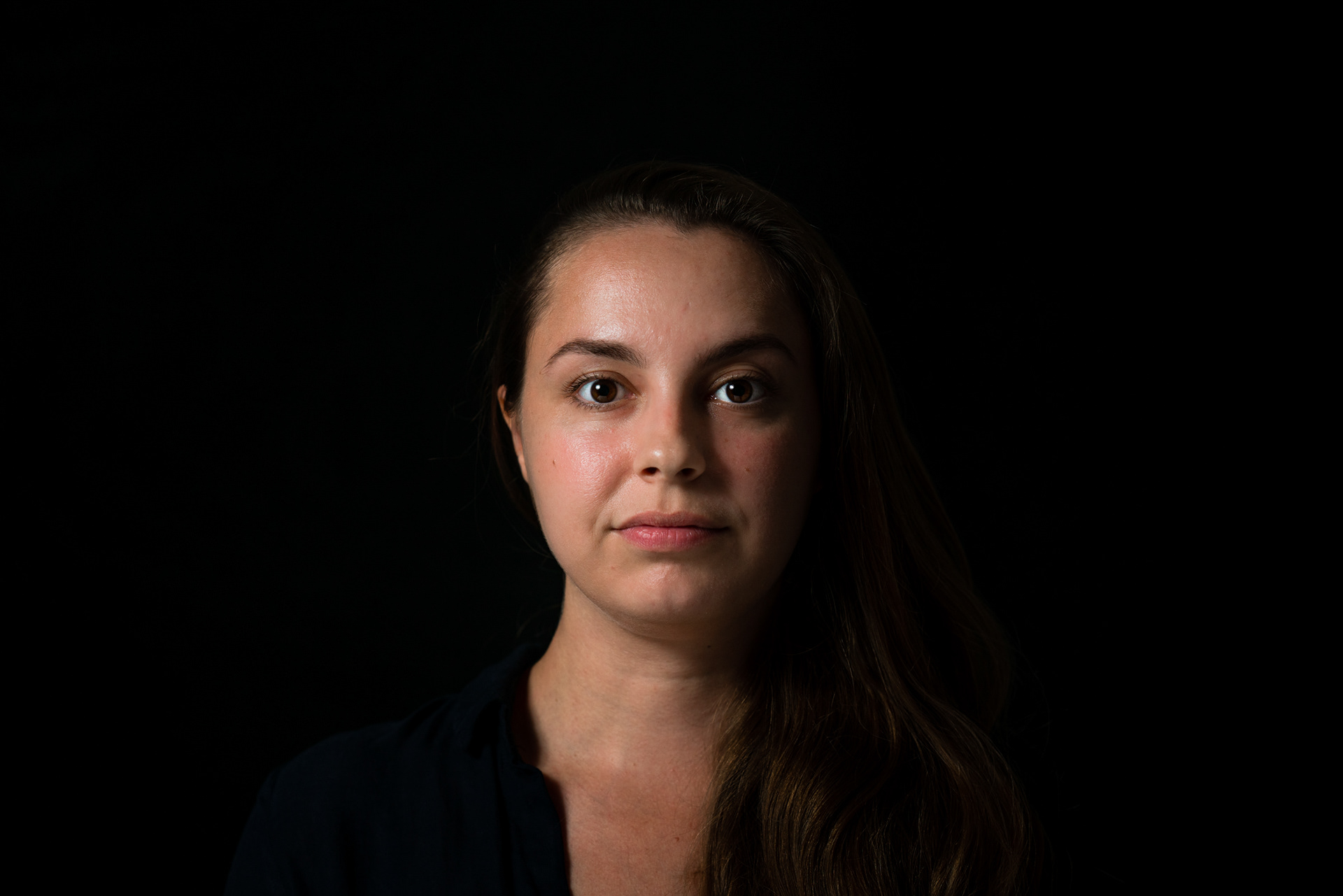
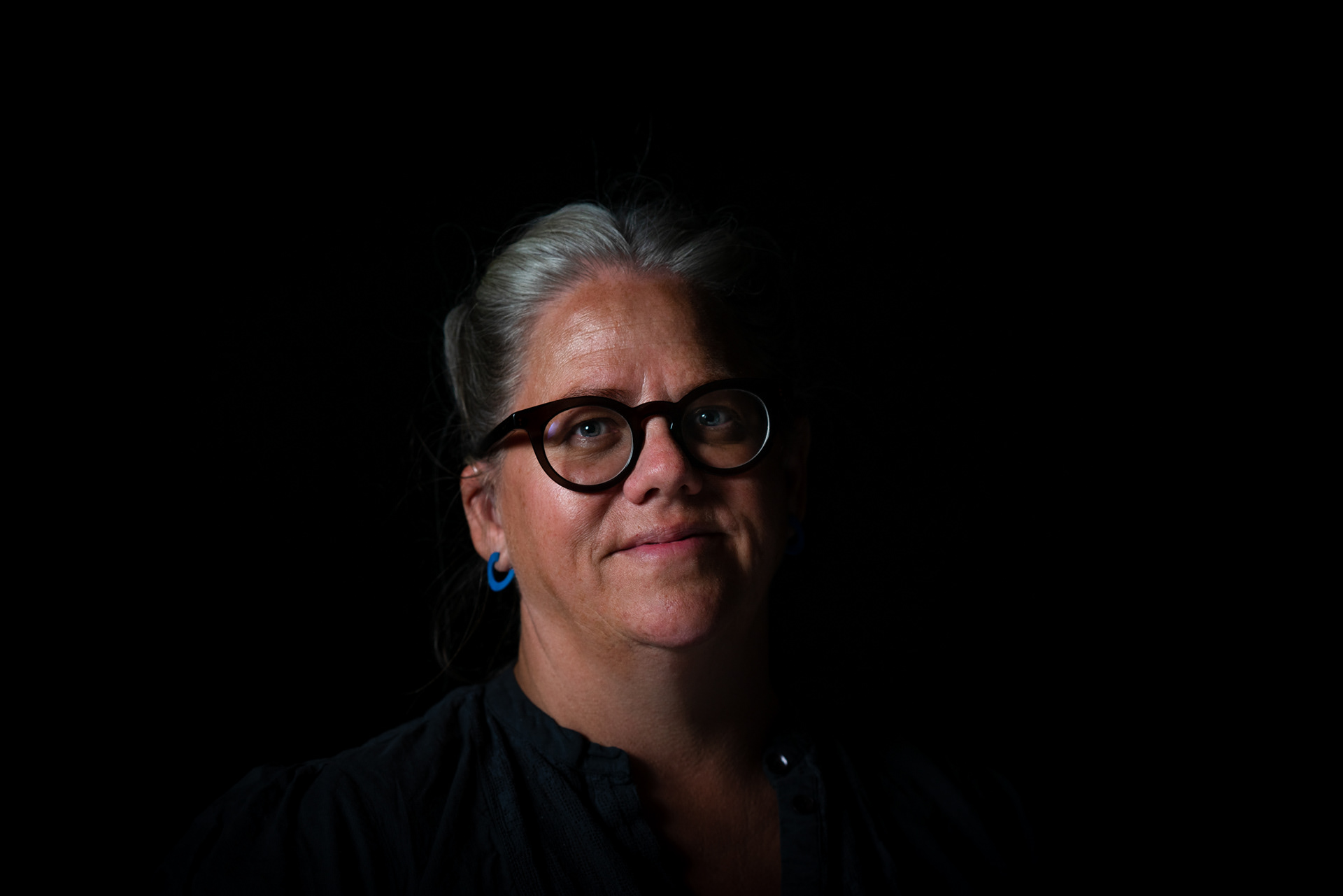
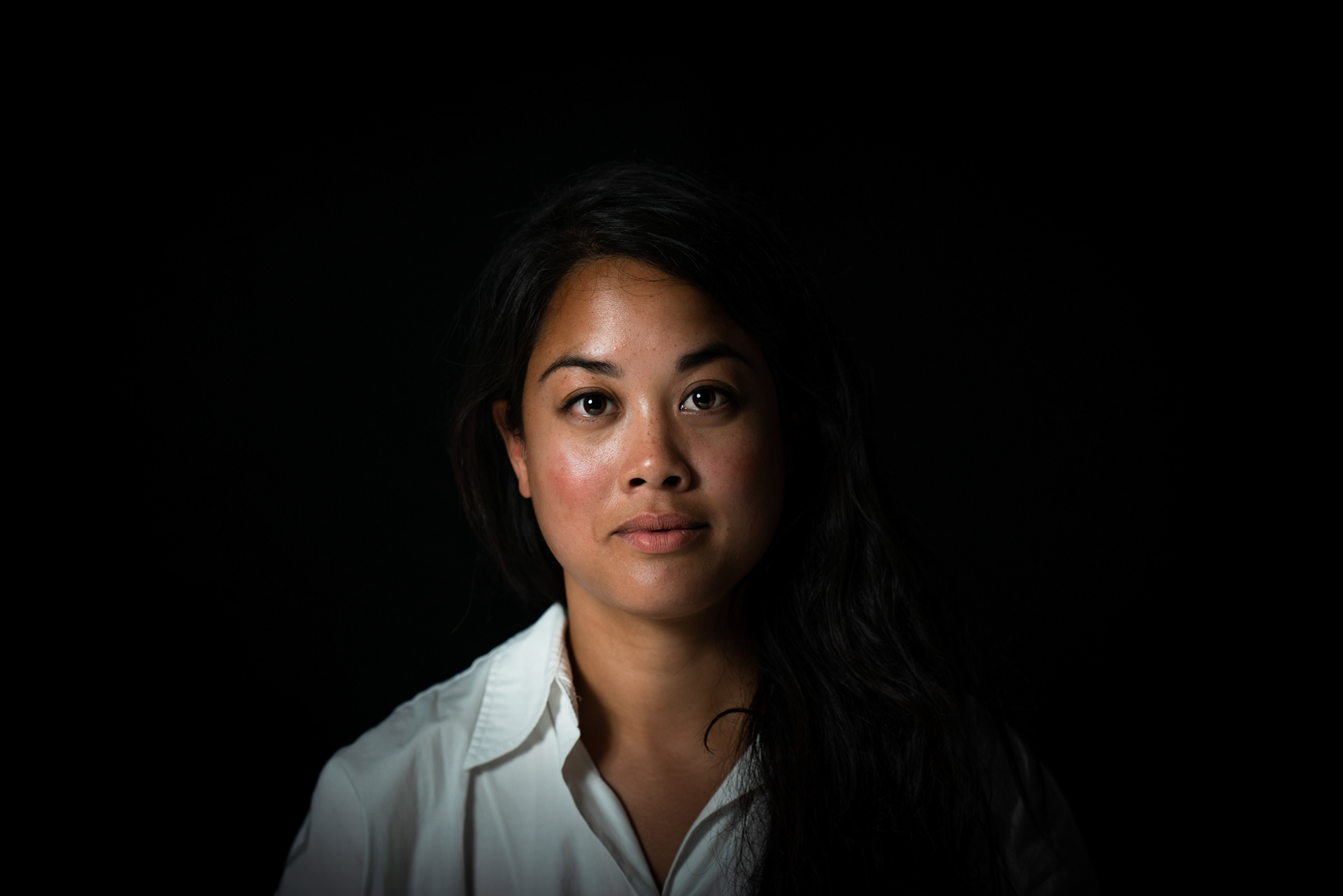
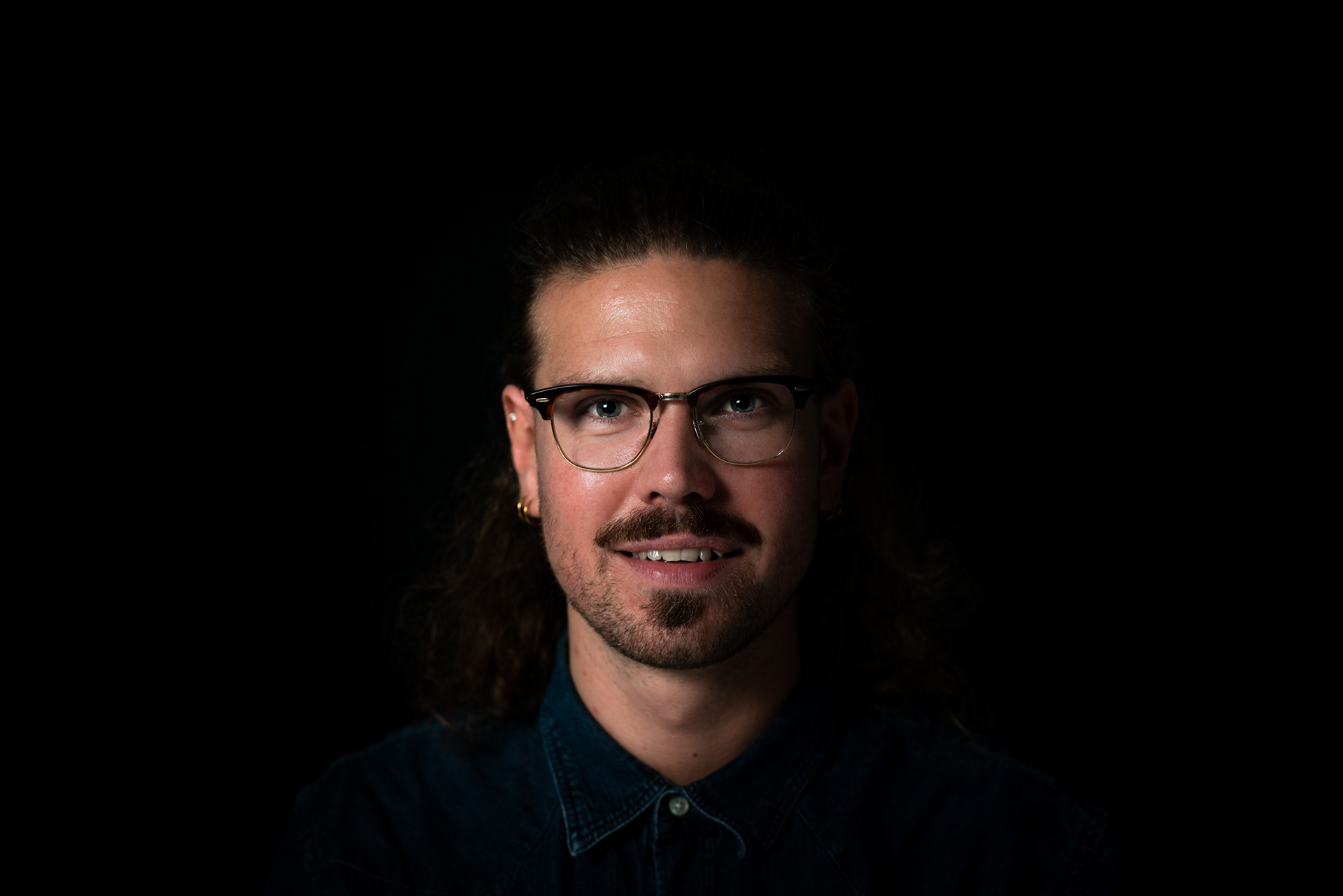
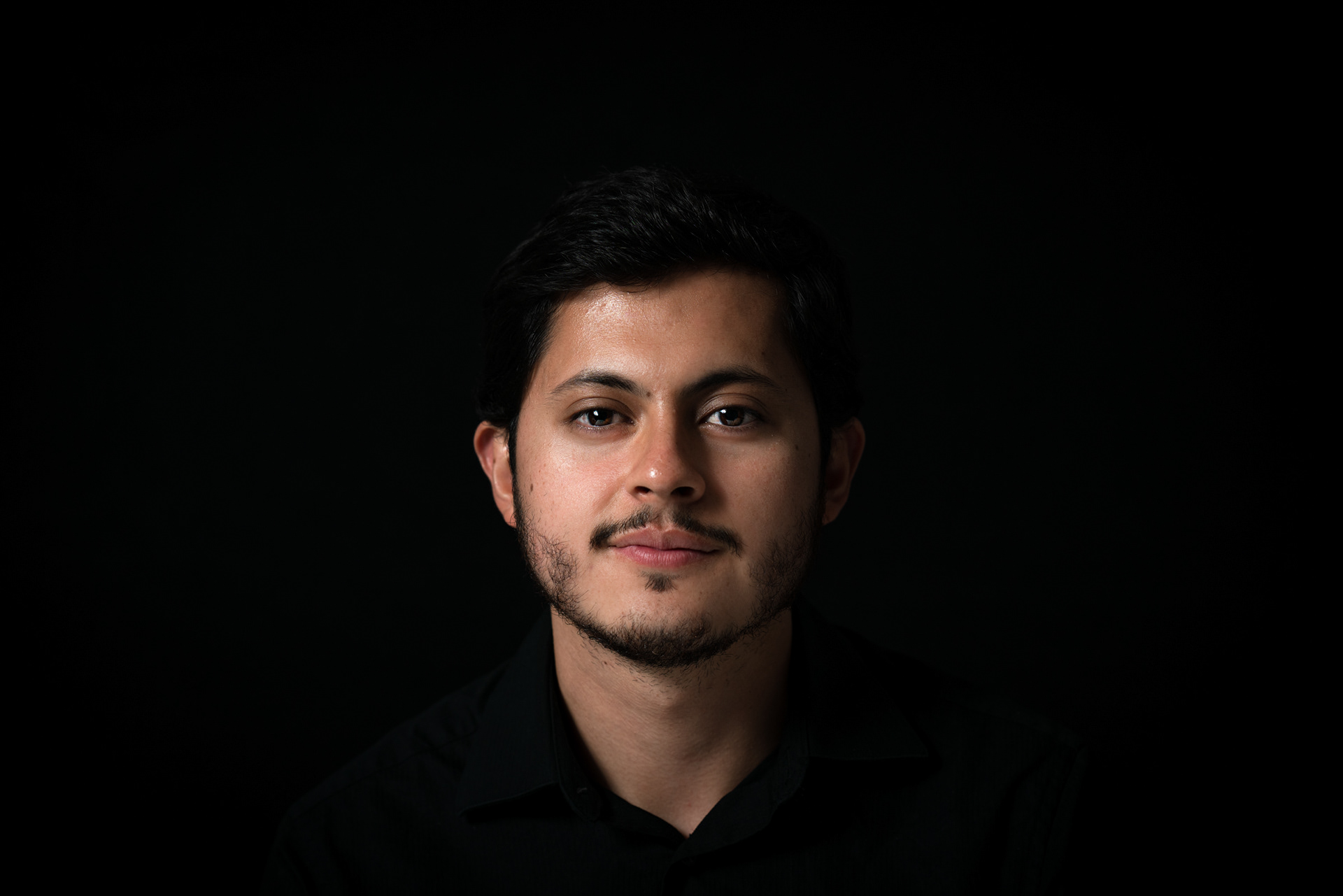
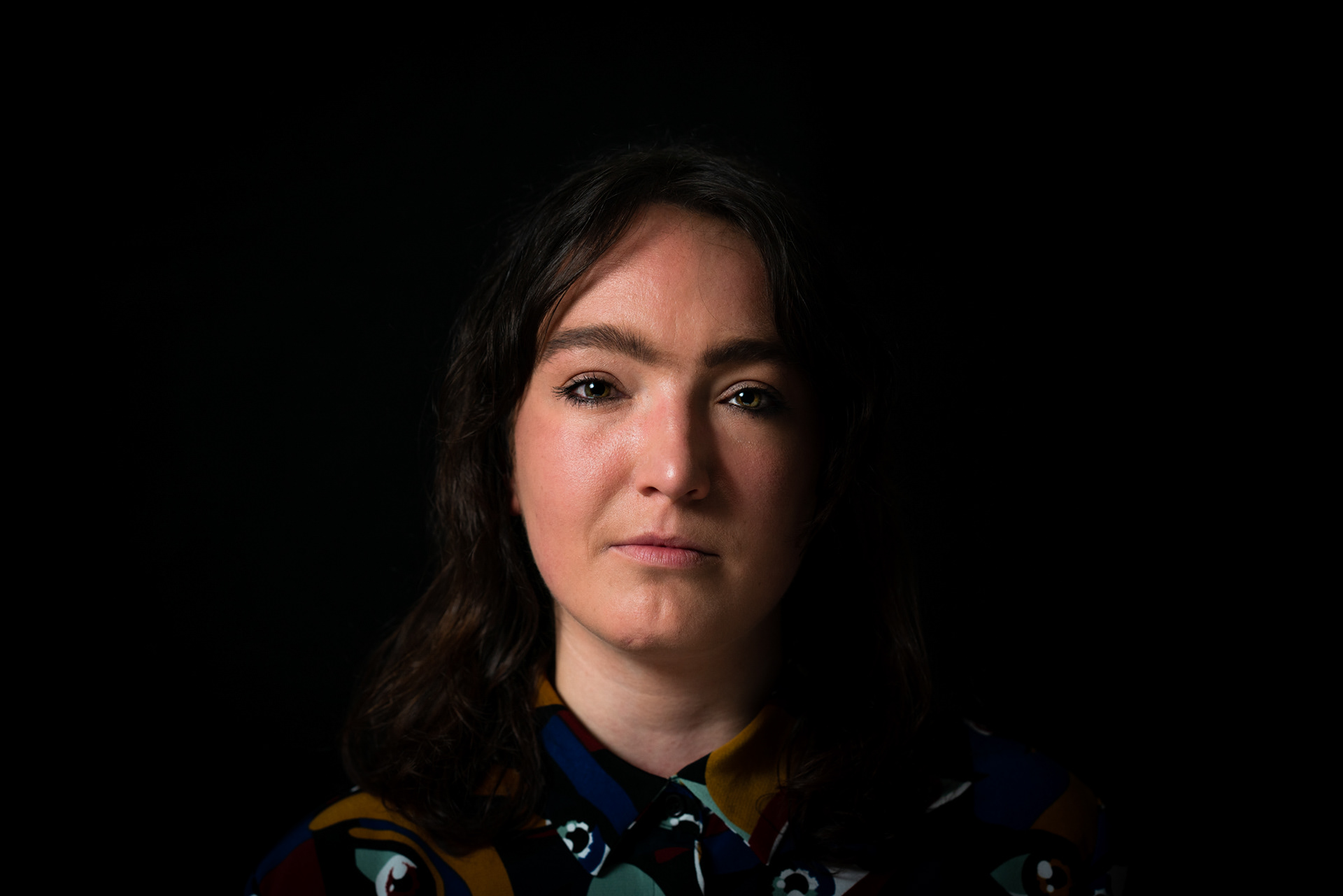
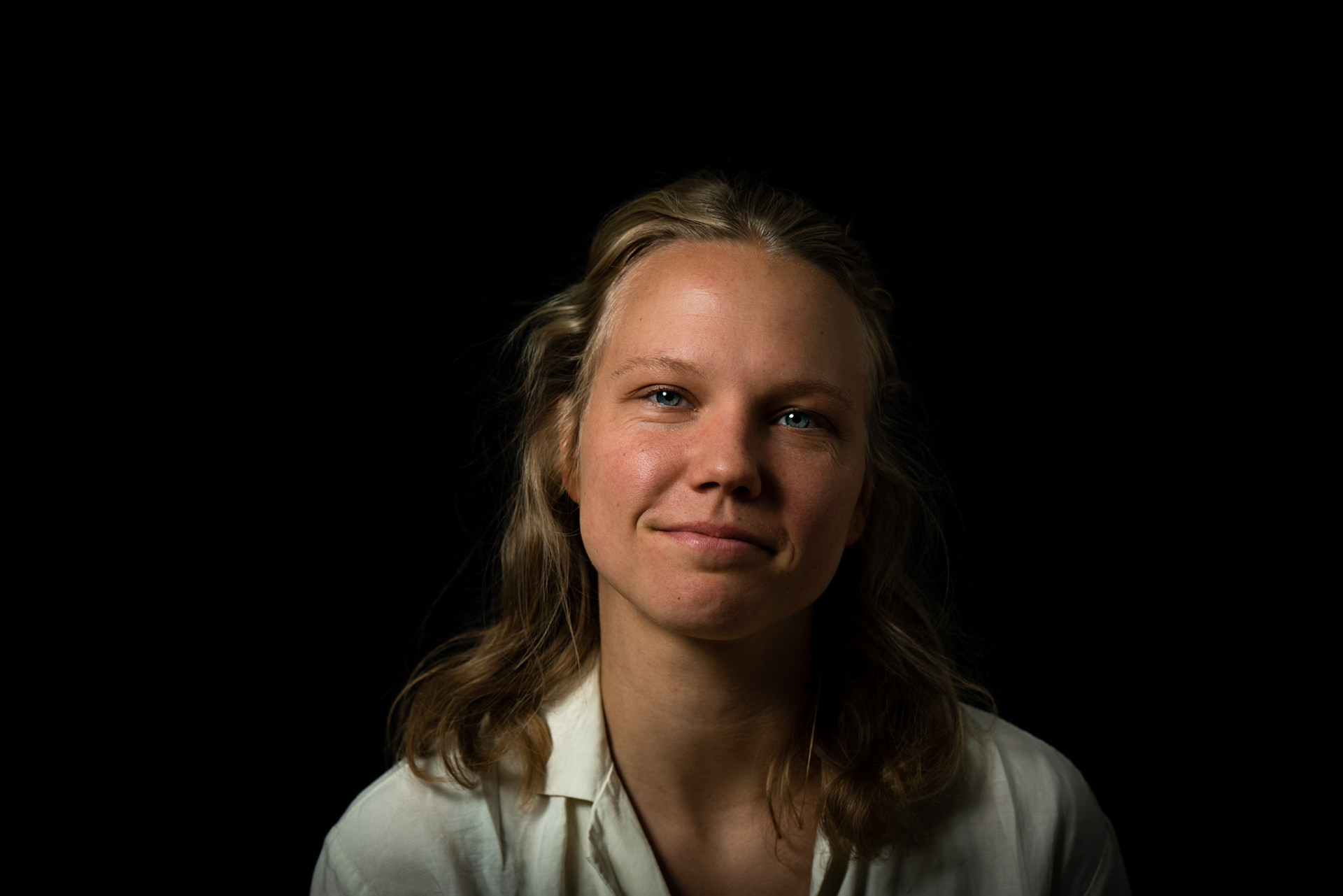
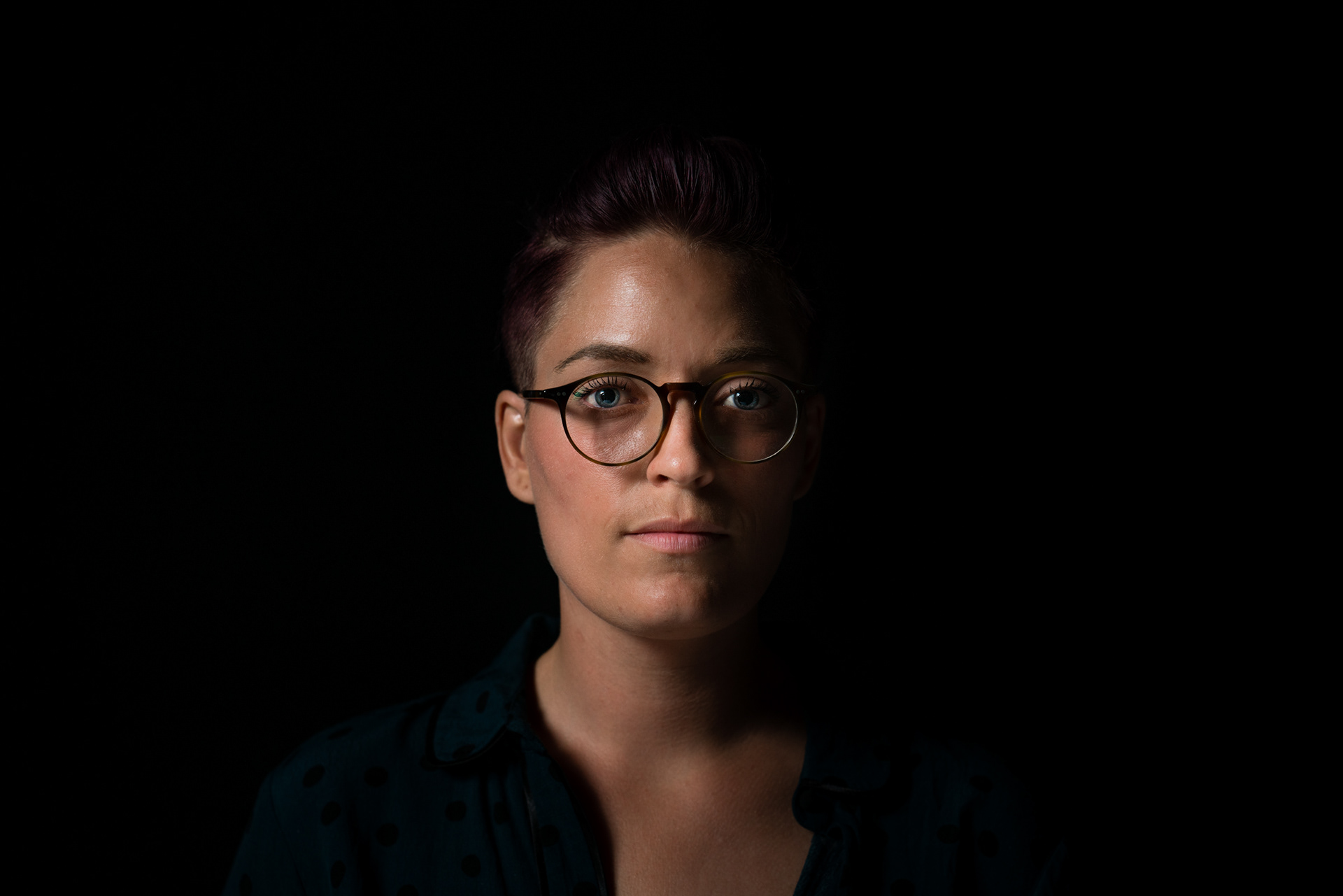
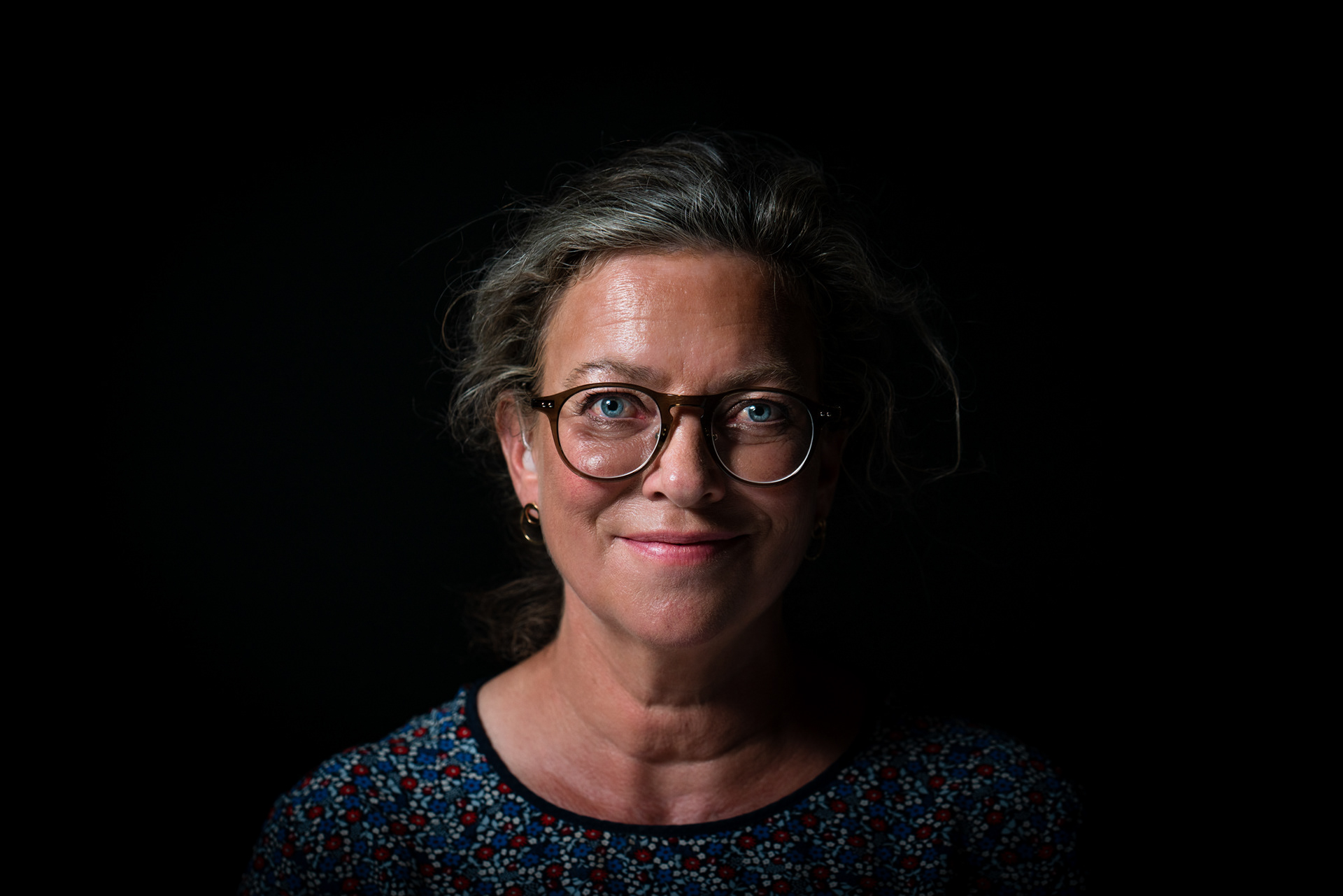
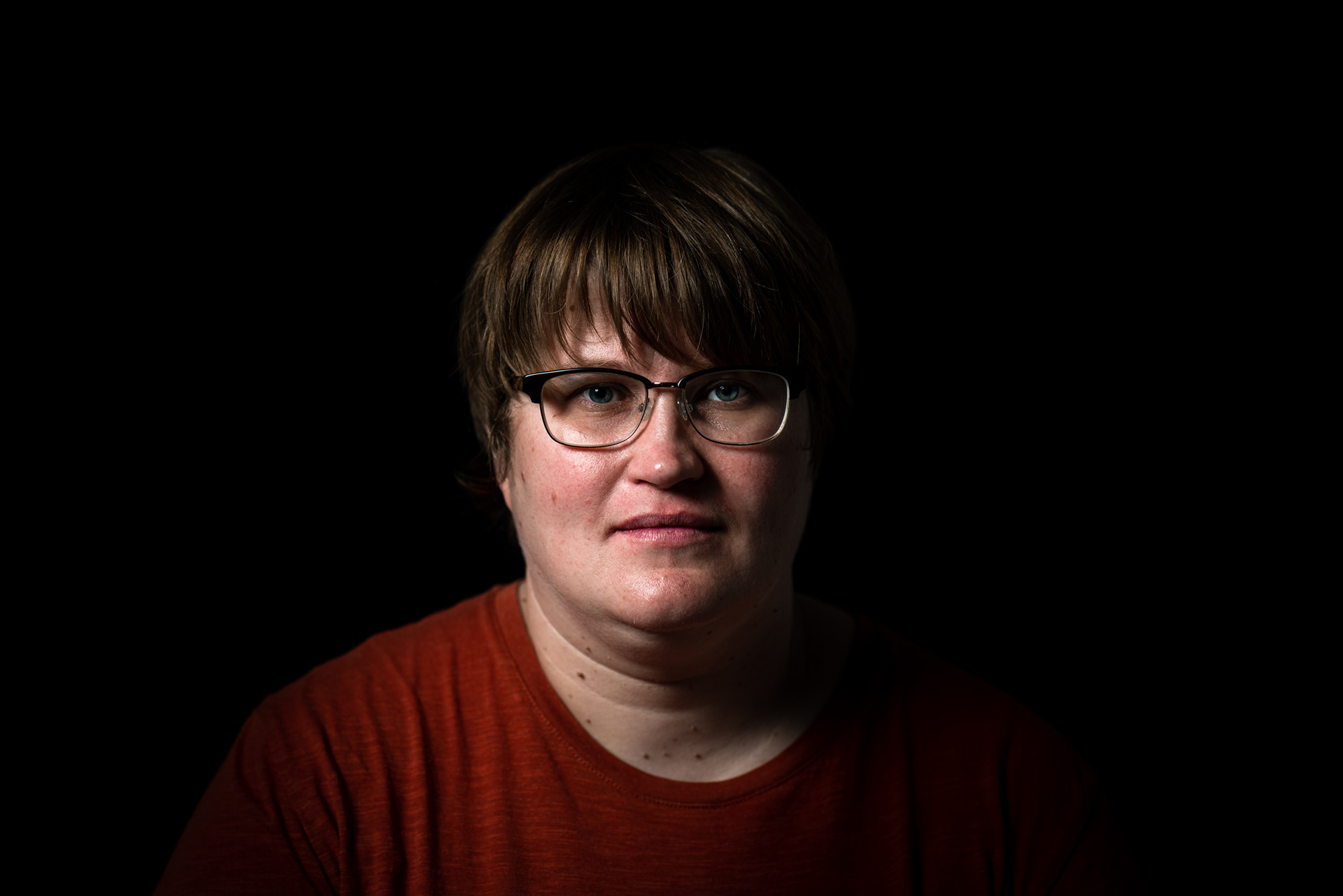
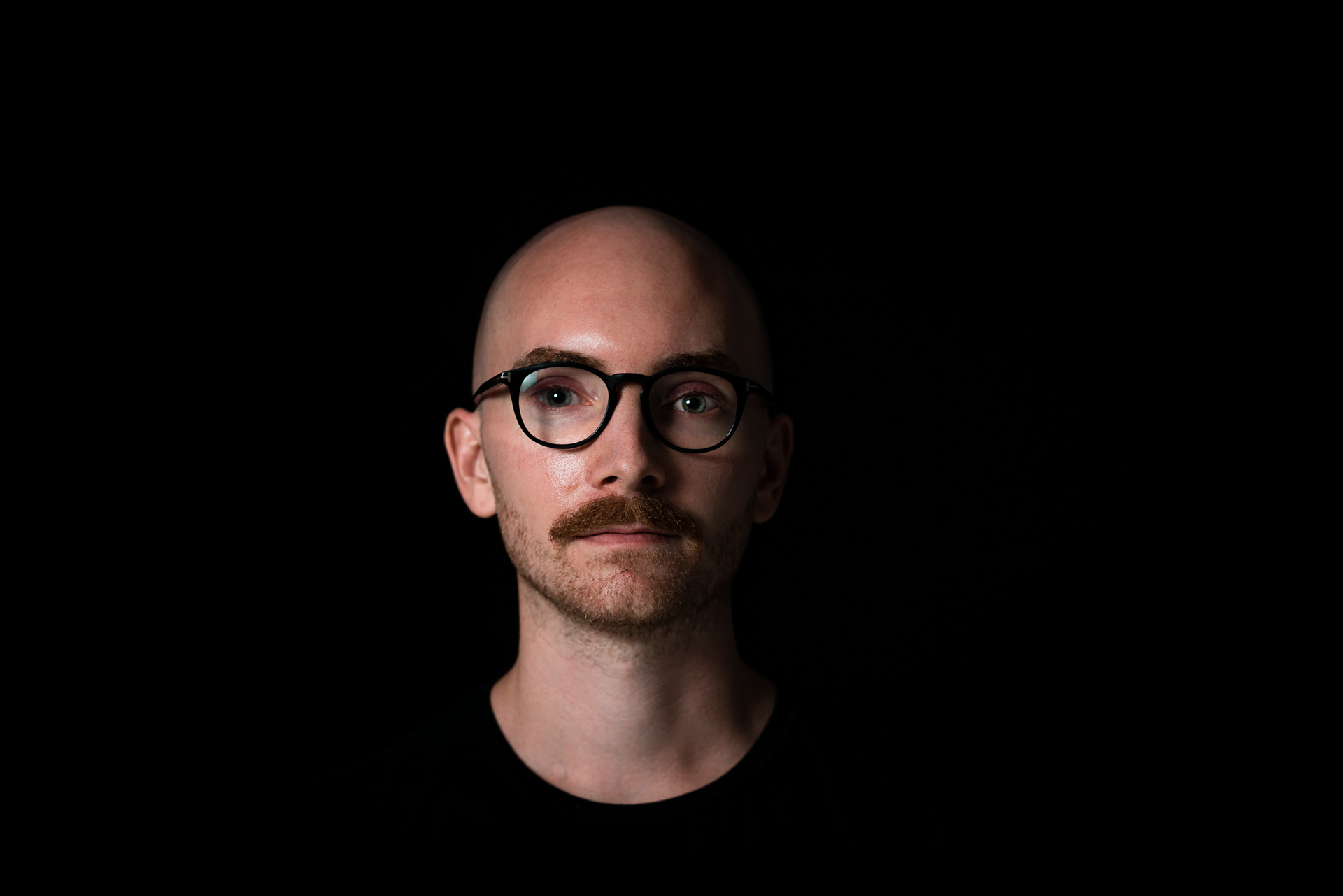
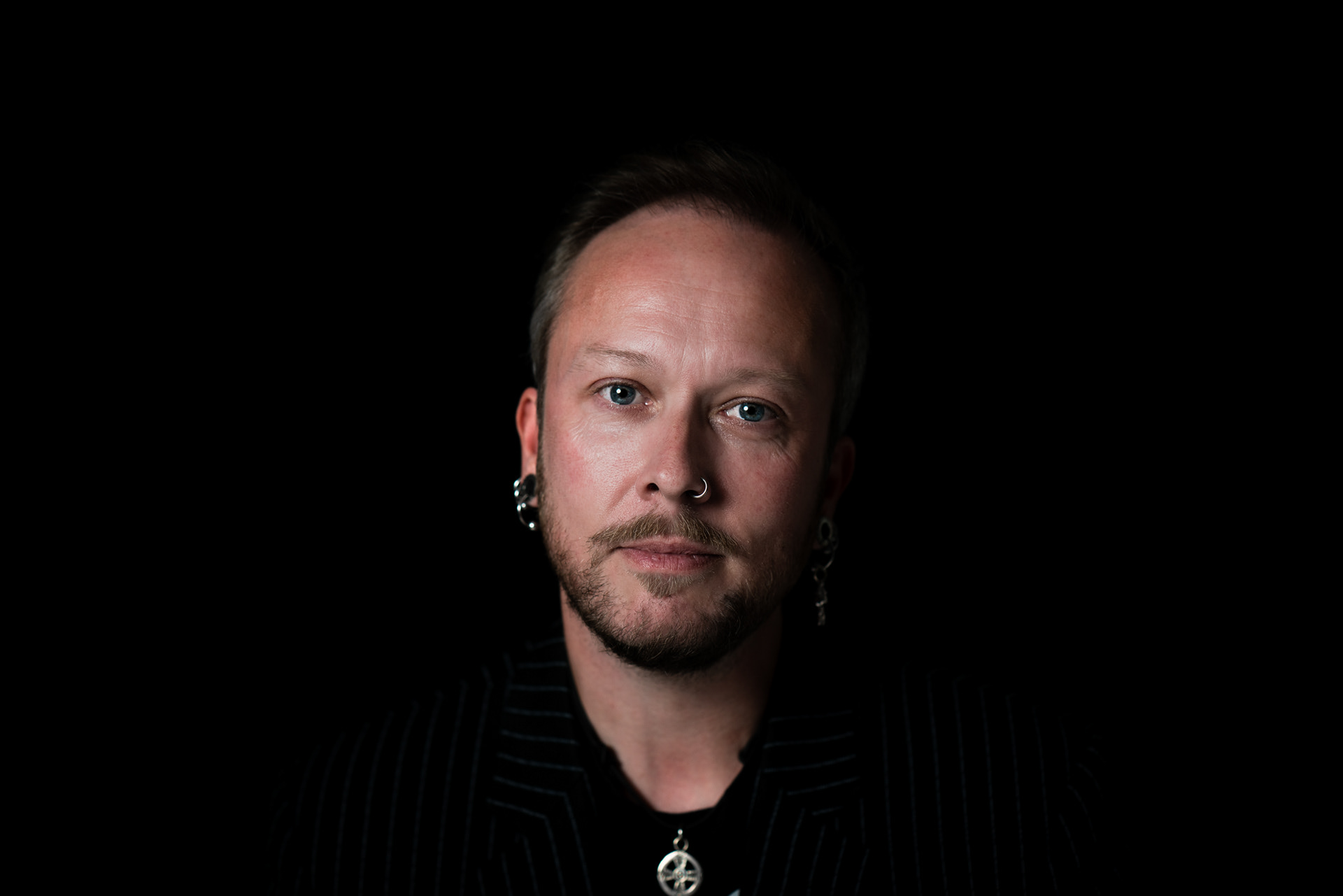
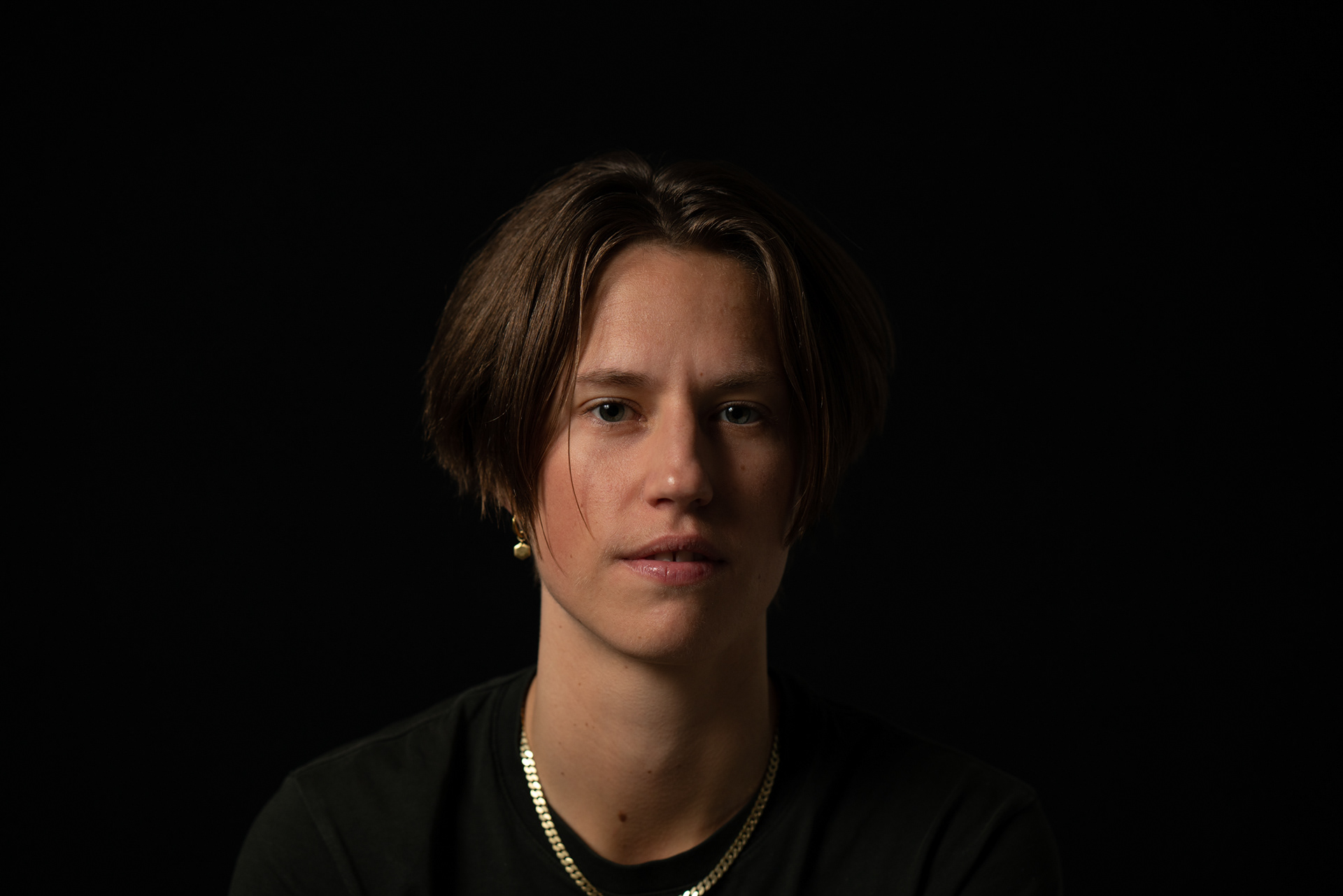
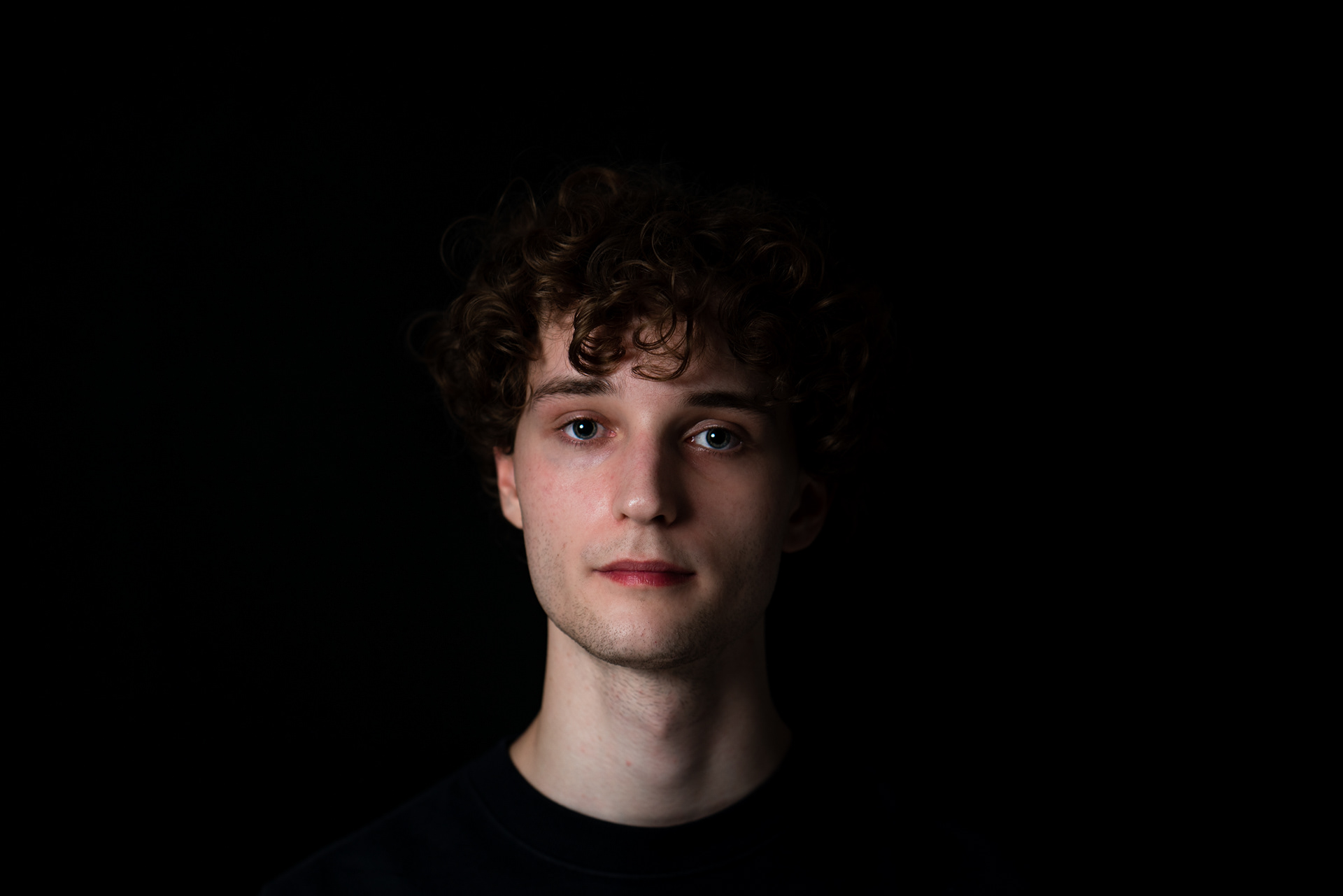
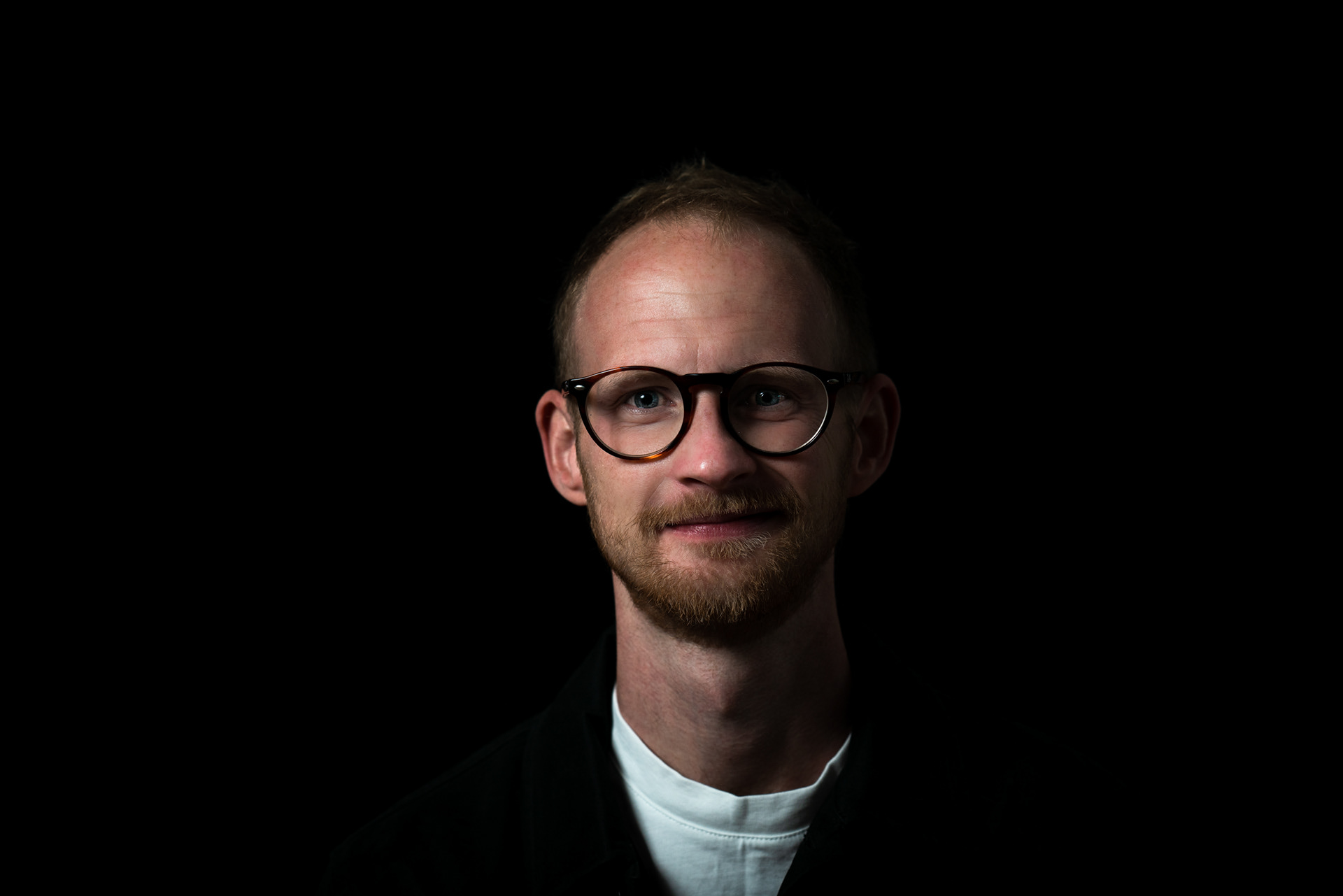
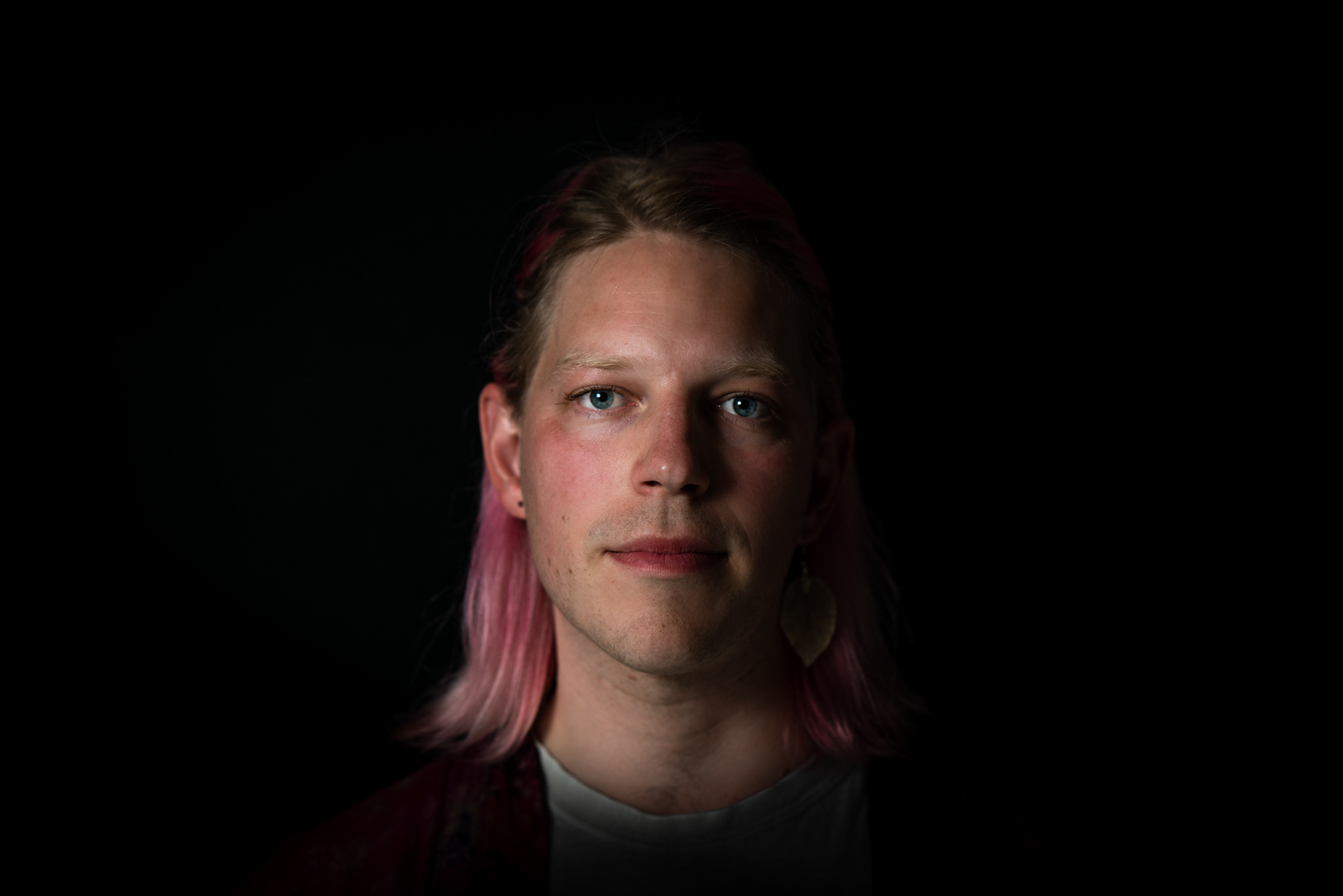
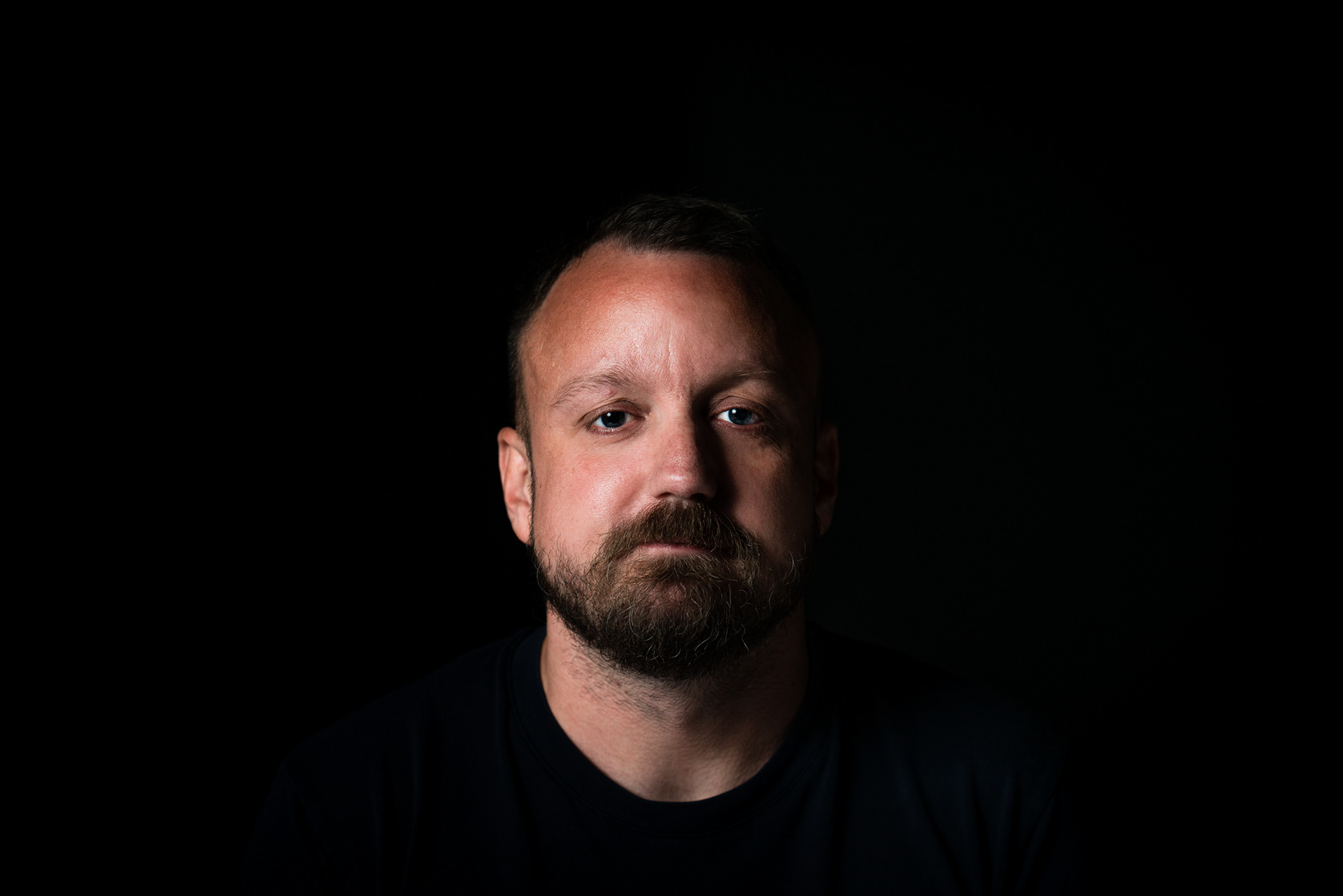
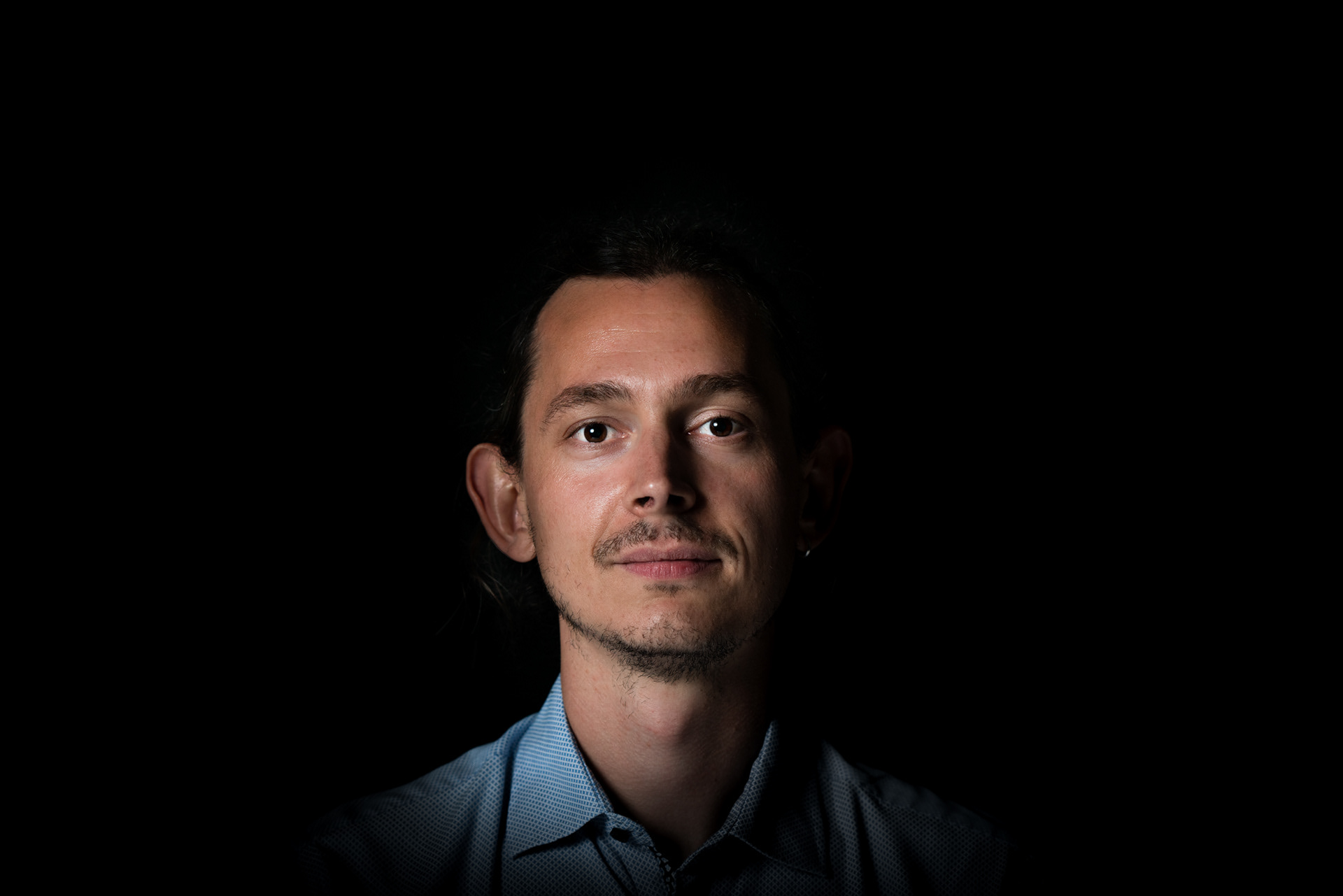
The Urban Belonging Project (www.urbanbelonging.com) What makes you feel that you belong in the city?? To design a more socially sustainable city, we long for more diverse and nuanced insights about how the city works as a space of belonging - not seen from the professional eyes of those who plan it, but from those who live in it. To explore this, the Urban Belonging project was initiated in 2021 by a collective of planners and scholars in Copenhagen with the ambition of mapping lived experiences of under-represented communities in the city. A lived experience catalogue Partnering with local community organisations, the project has invited participants who self-identify as ethnic minorities, deaf, homeless, physically disabled, mentally vulnerable, internationals, and/or LGBT+. Using participatory mapmaking and photography, they have been asked to document their relationship to the city. Over three months, they have gone on 100+ walks in the city, taken 1400+ photos, built 200+ maps, and enriched them together in workshops. The result is a unique catalogue of photos, maps, and data visualizations about Copenhagen that tell individual and collective stories. It qualifies what ‘belonging’ means to different people, charts geospatial patterns in where the city creates positive and negative experiences for different marginalized identities, and crafts an intersectional gaze on the city.































